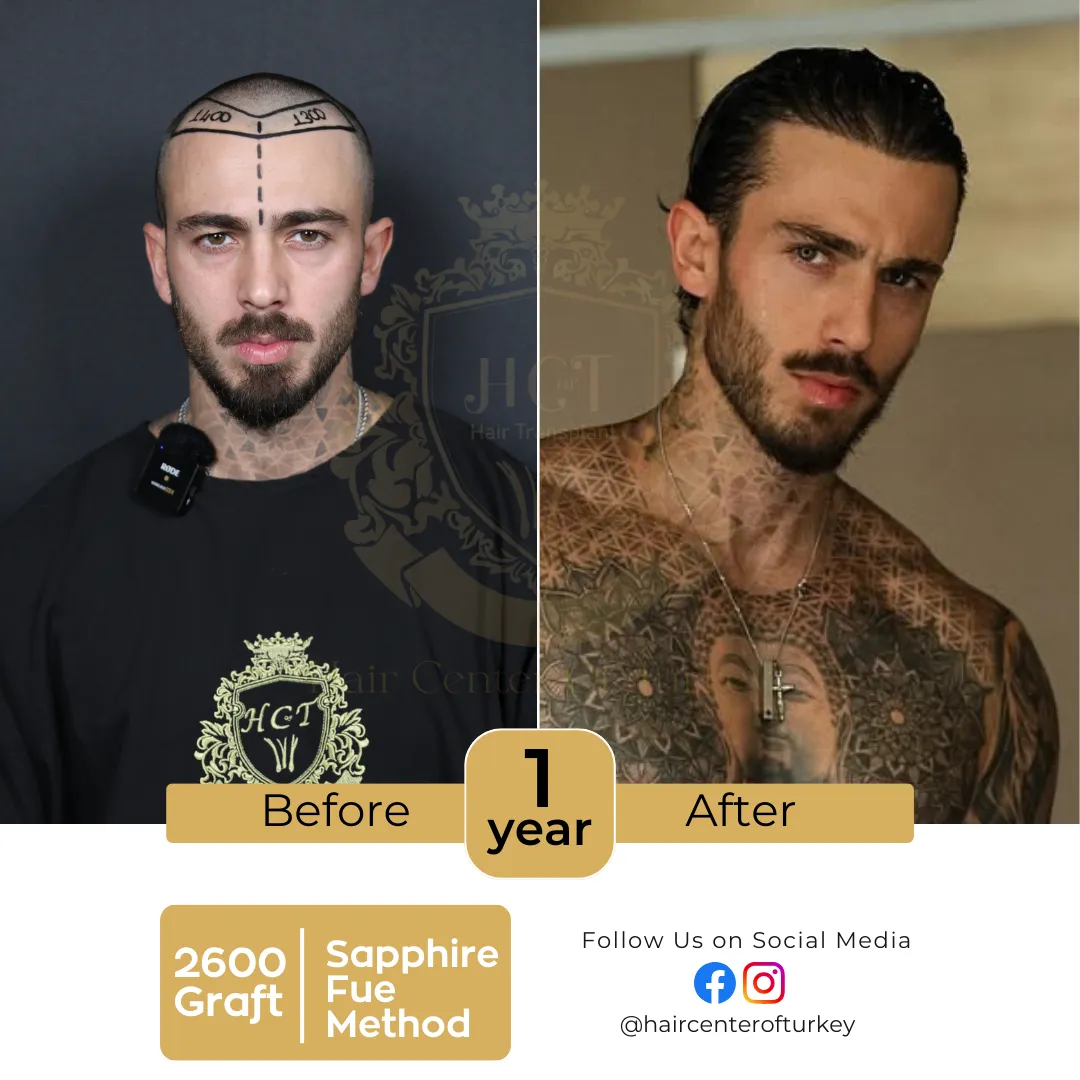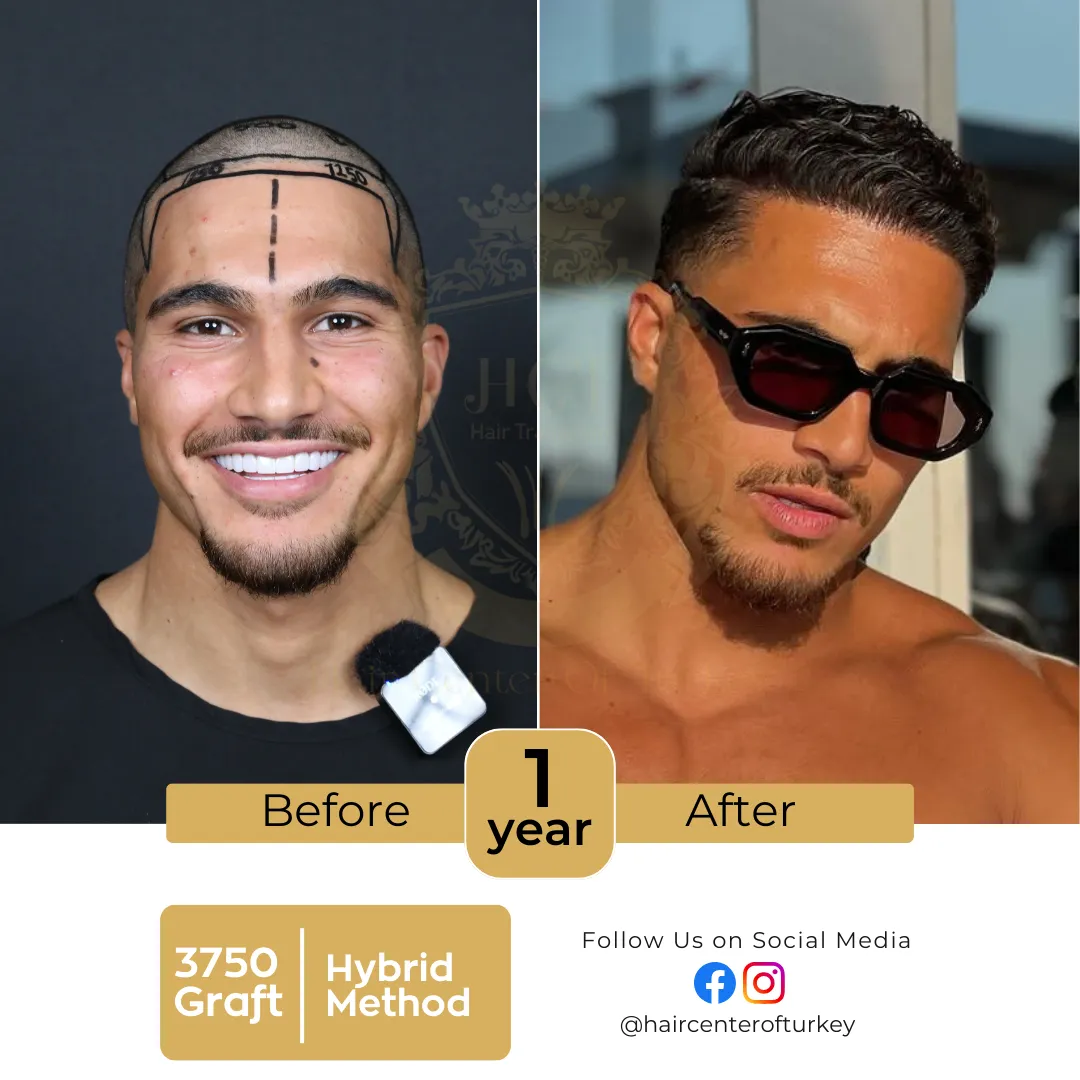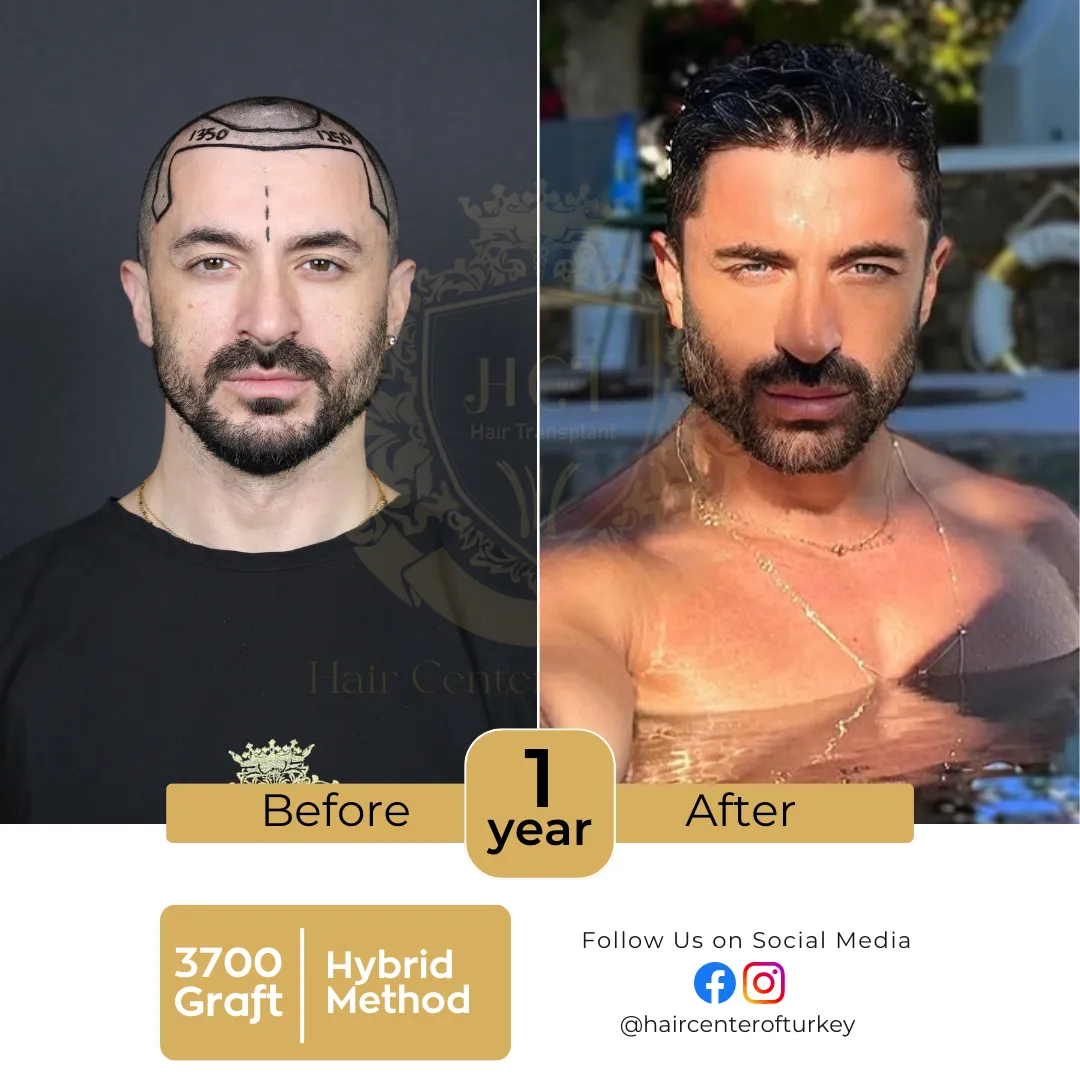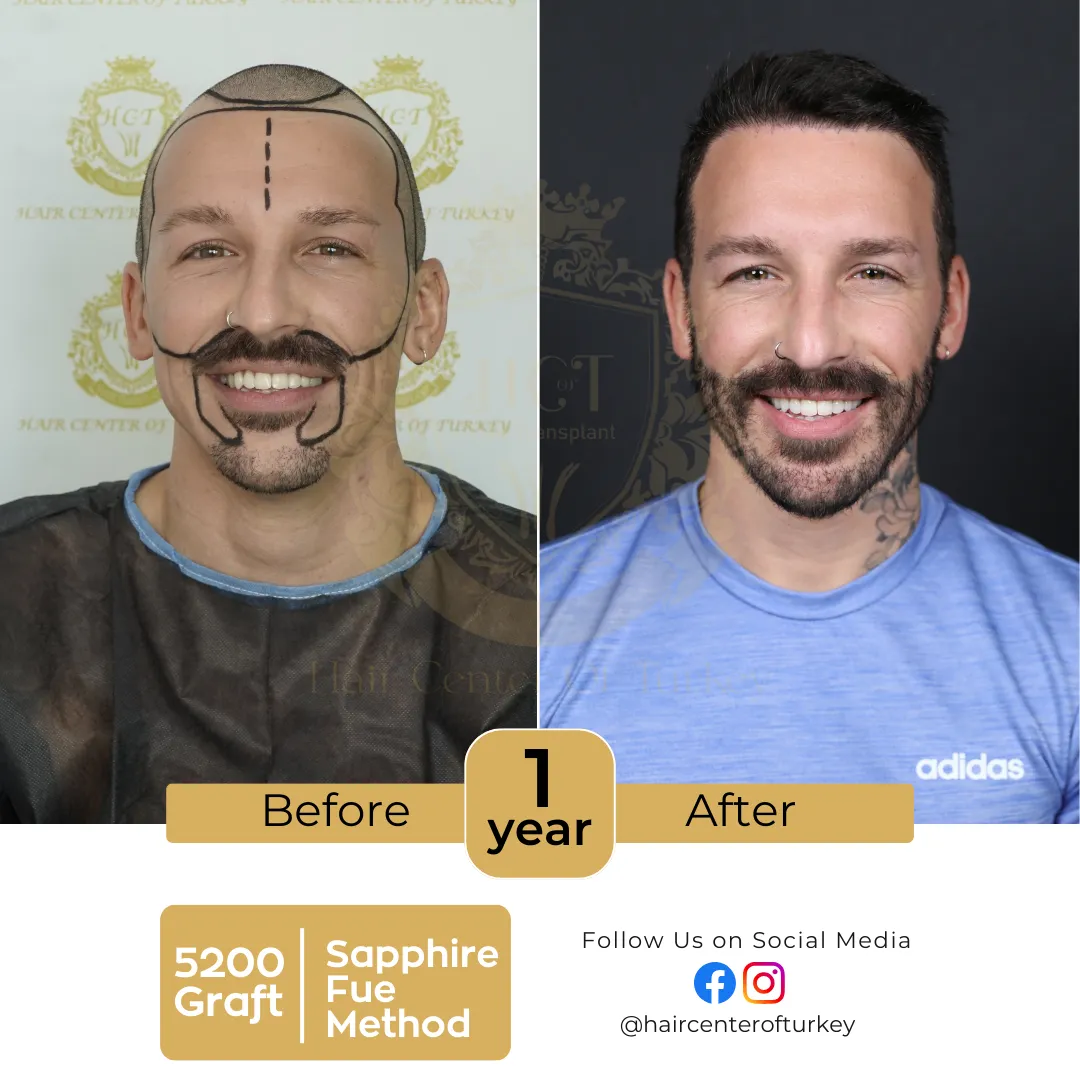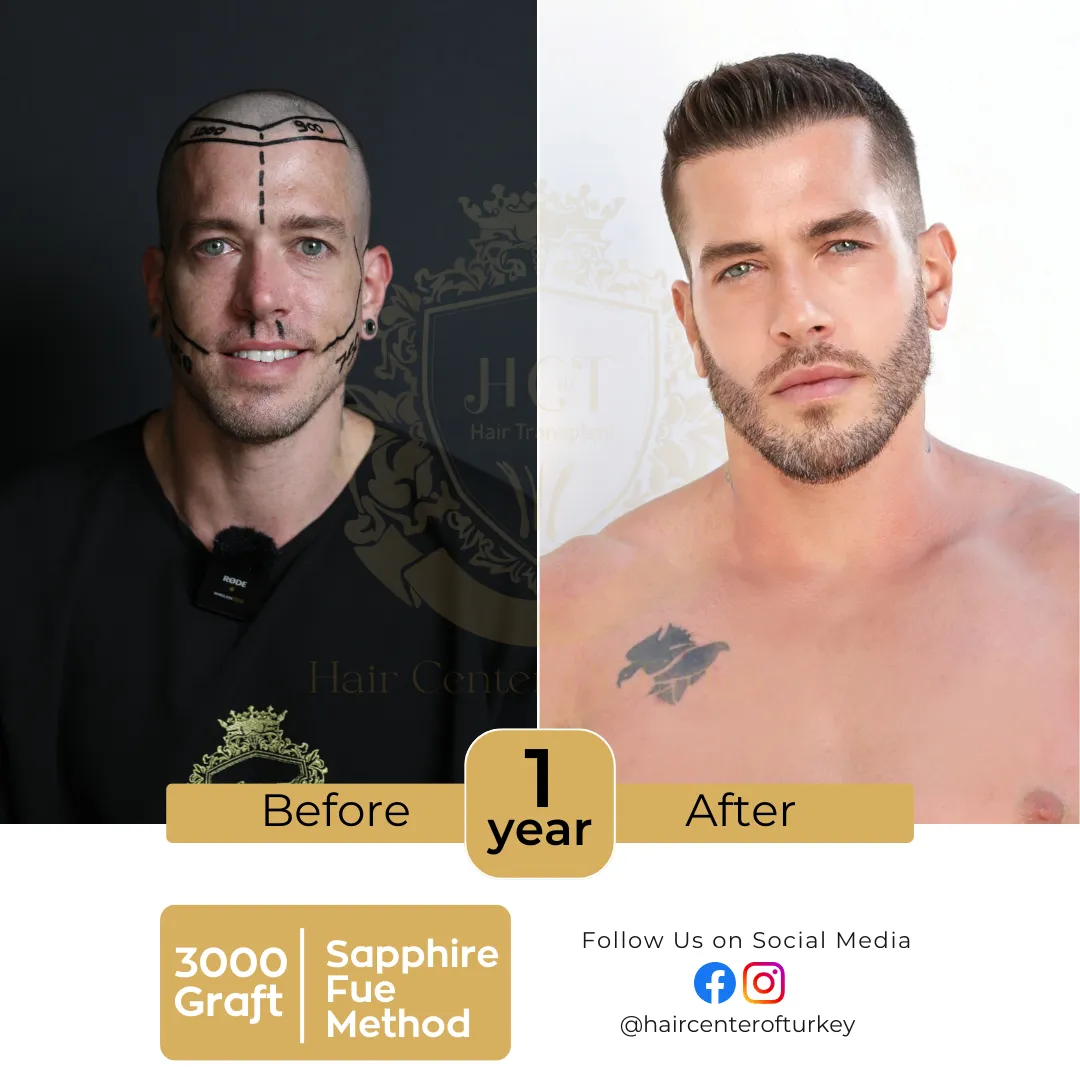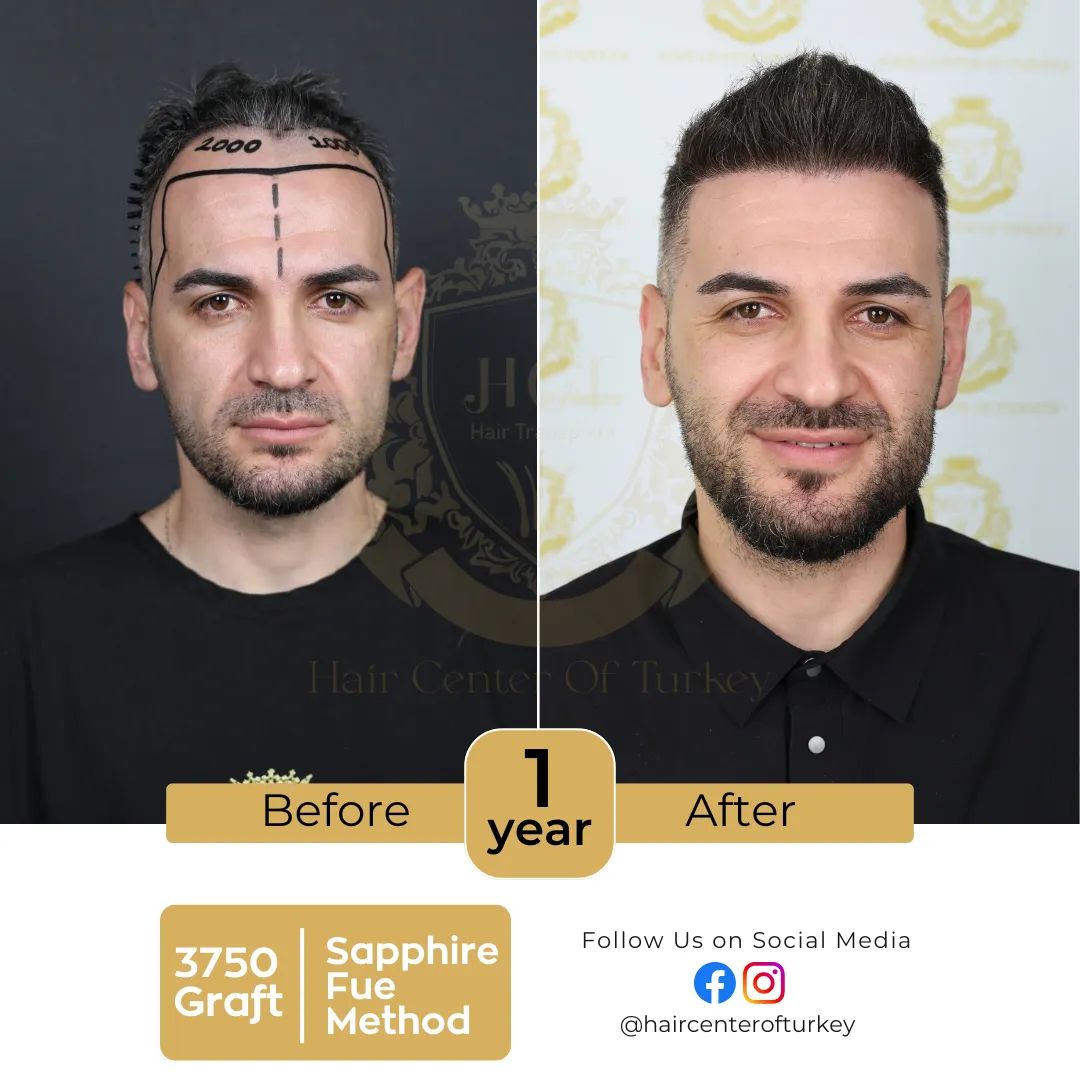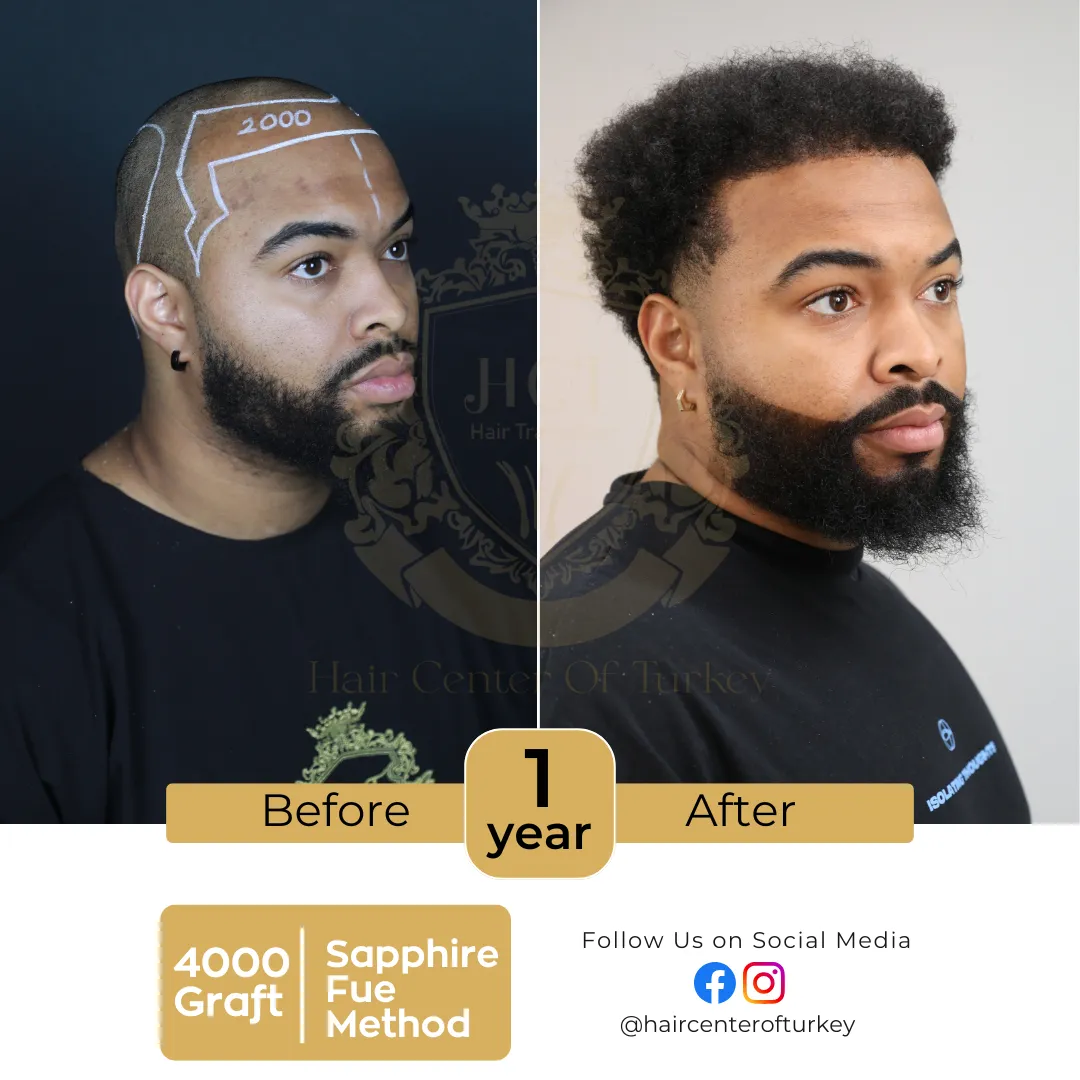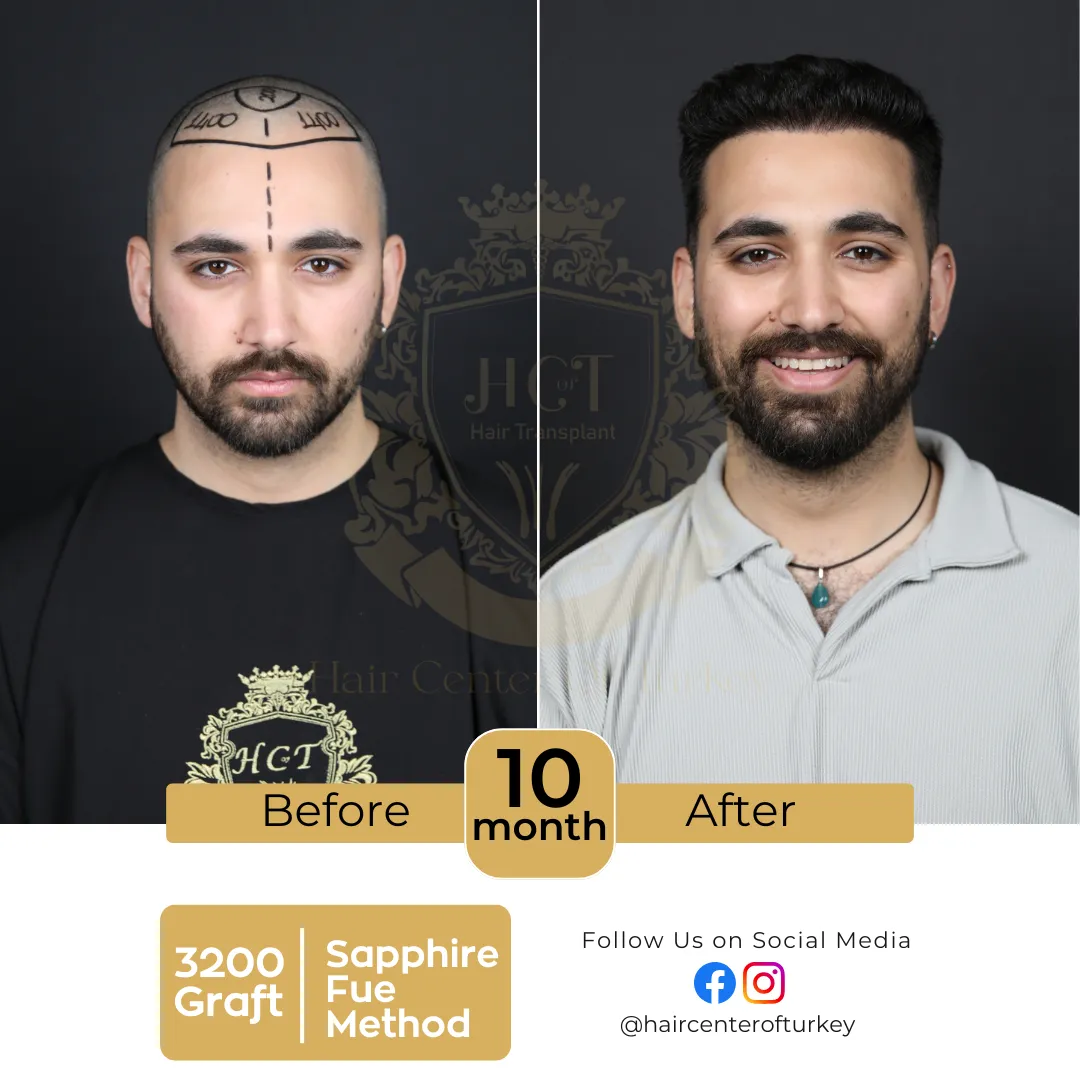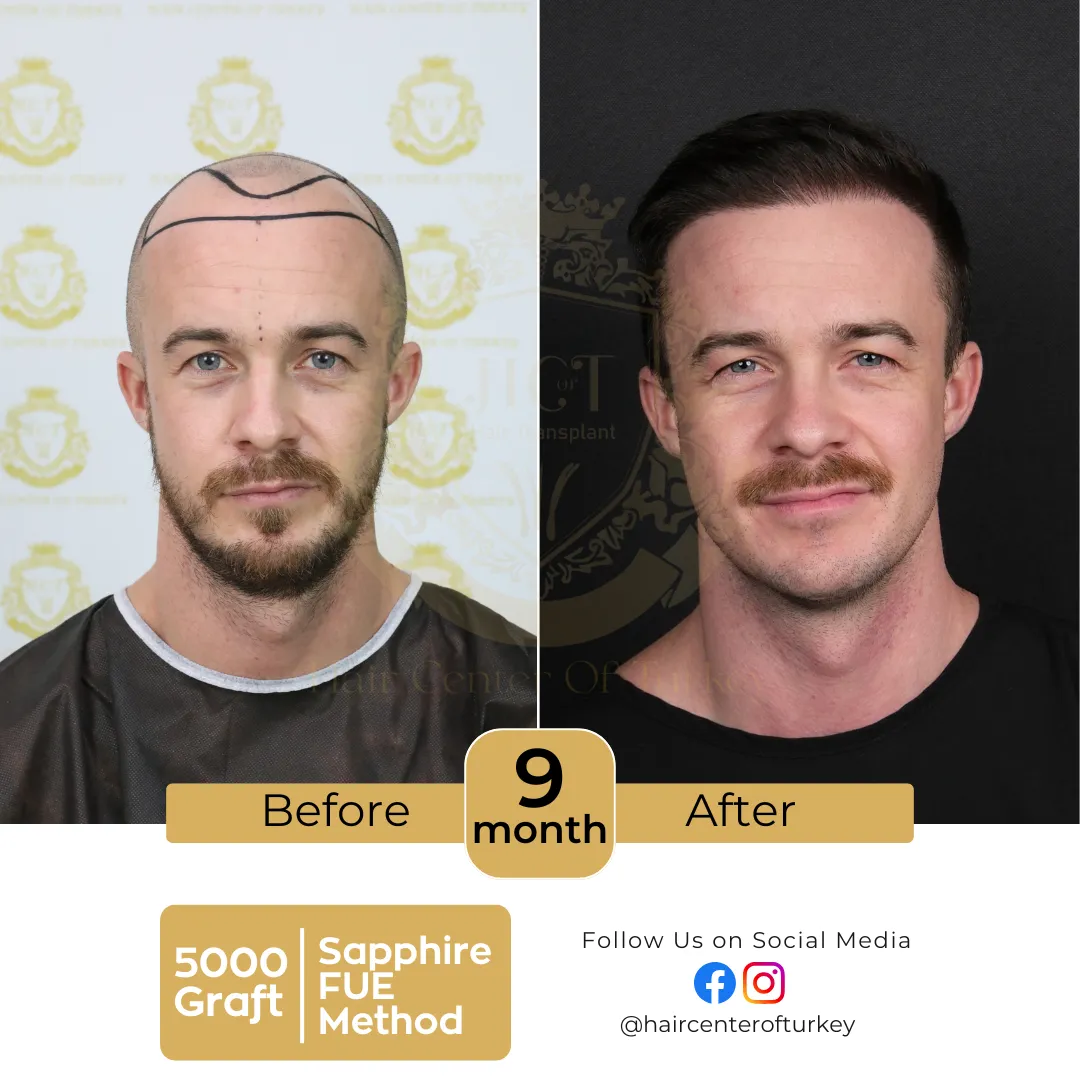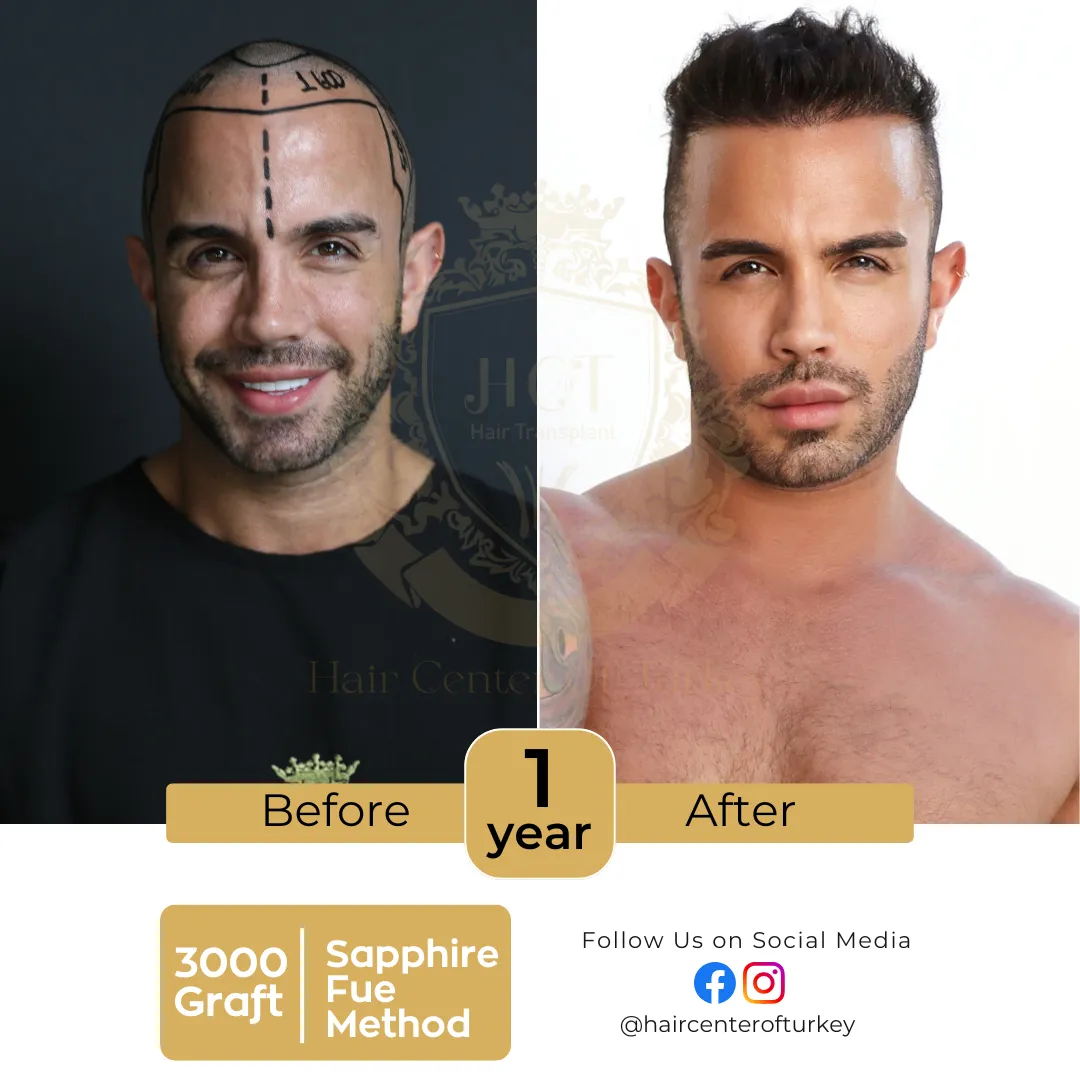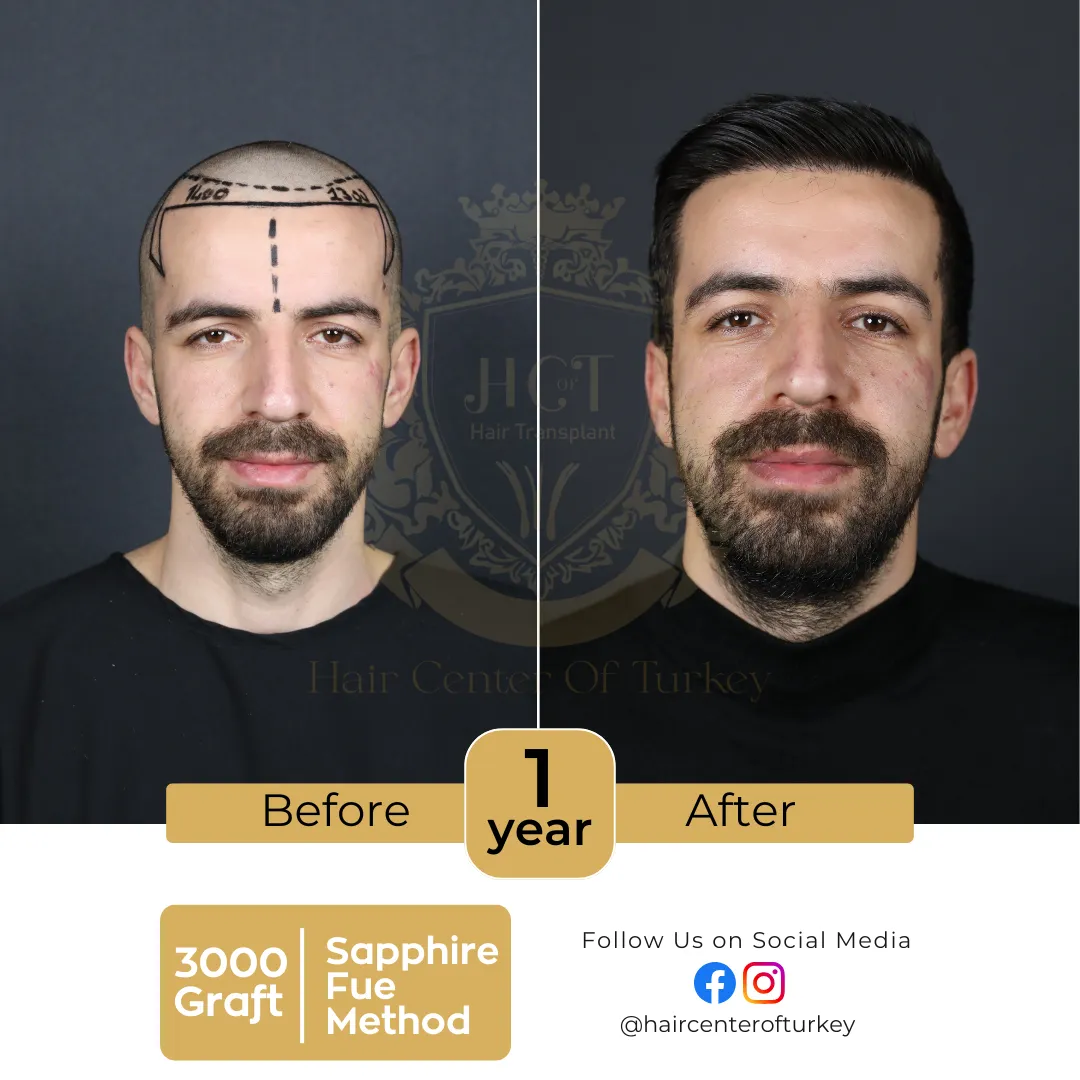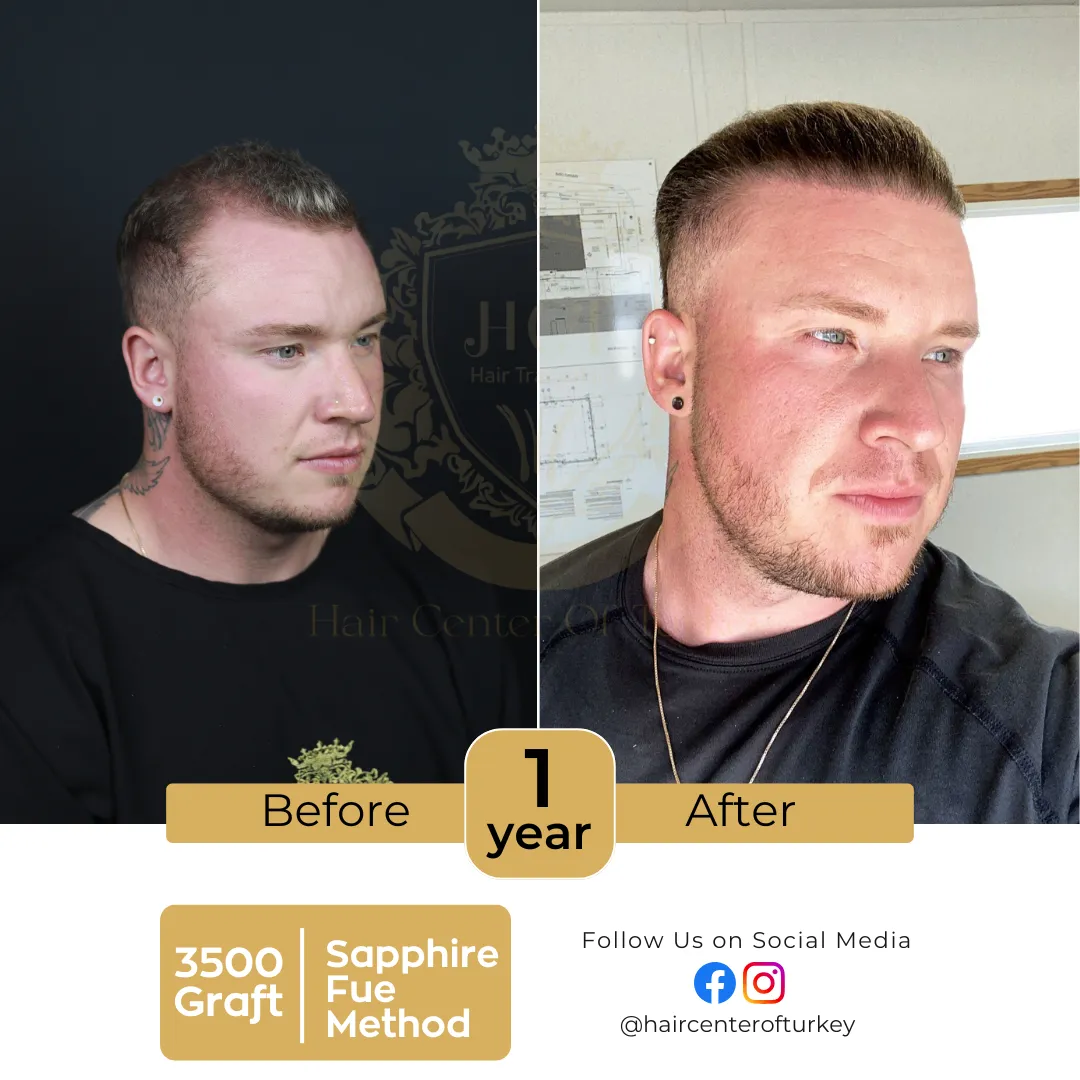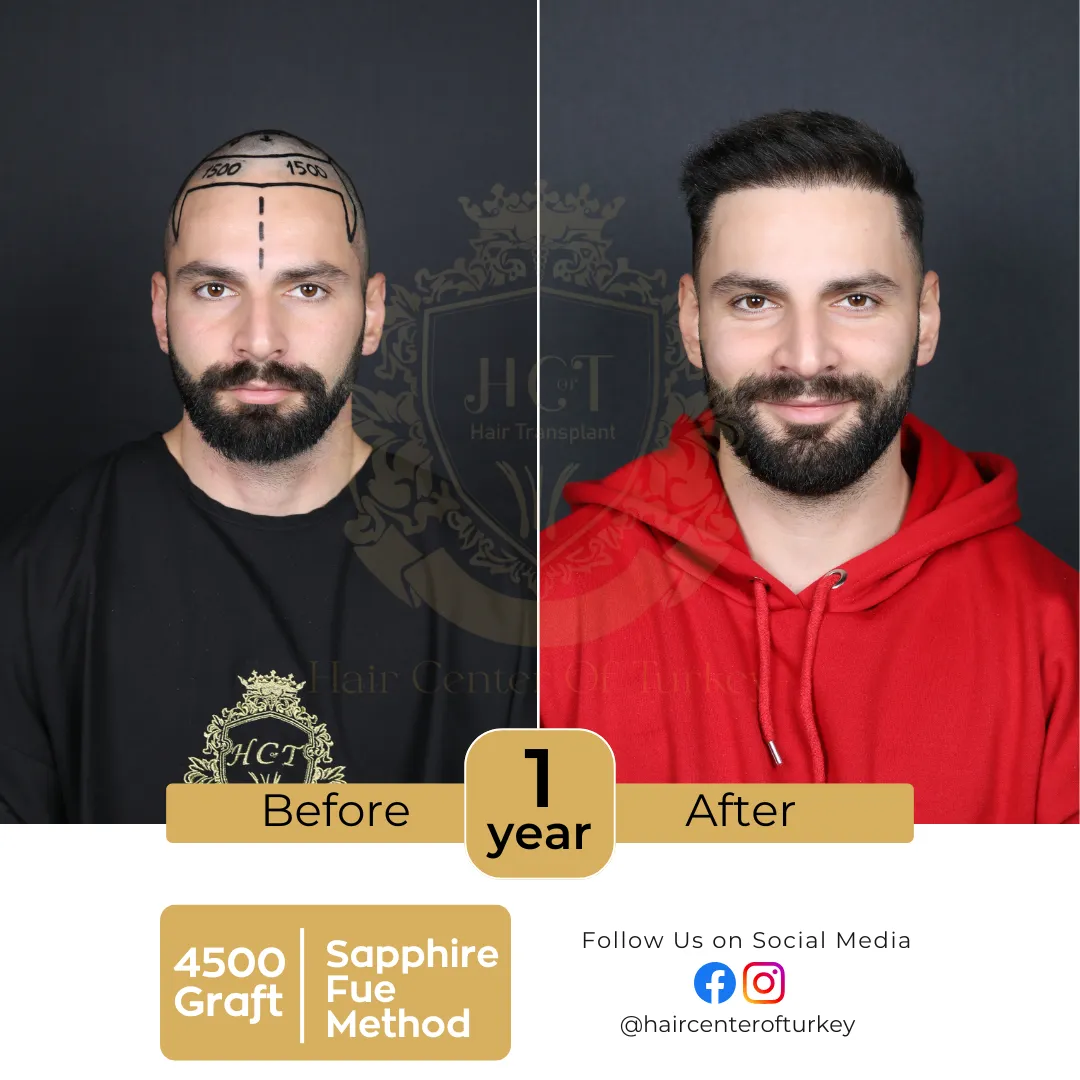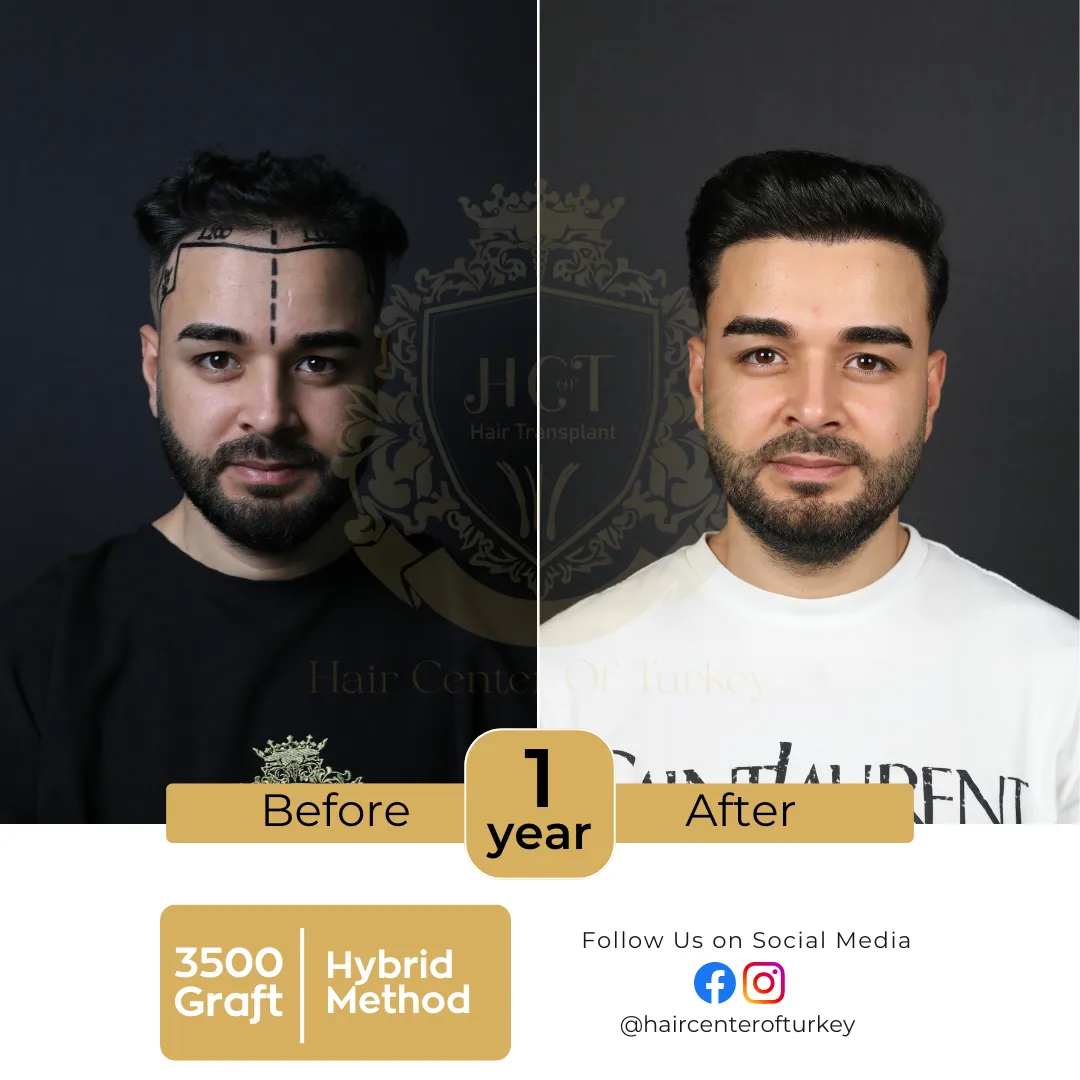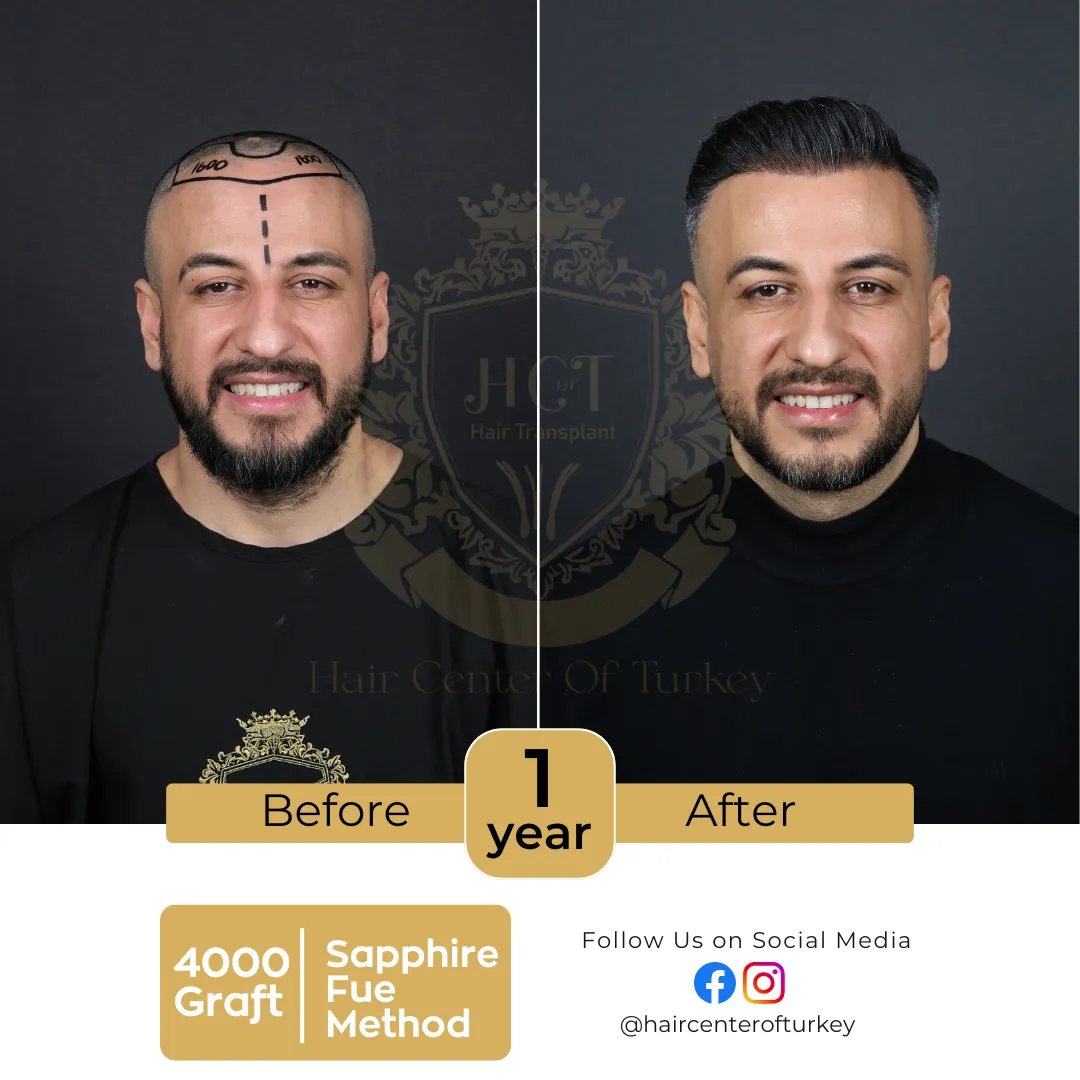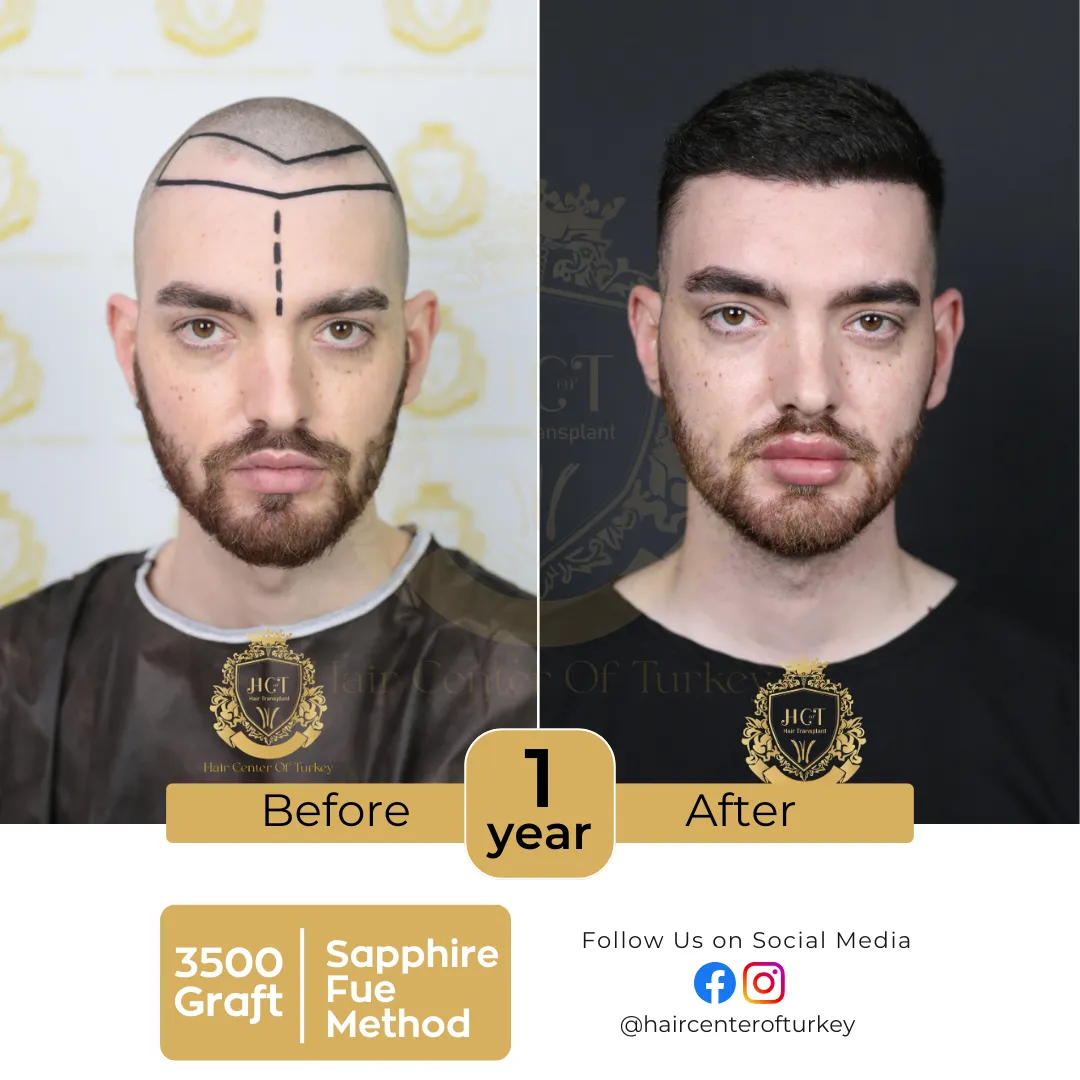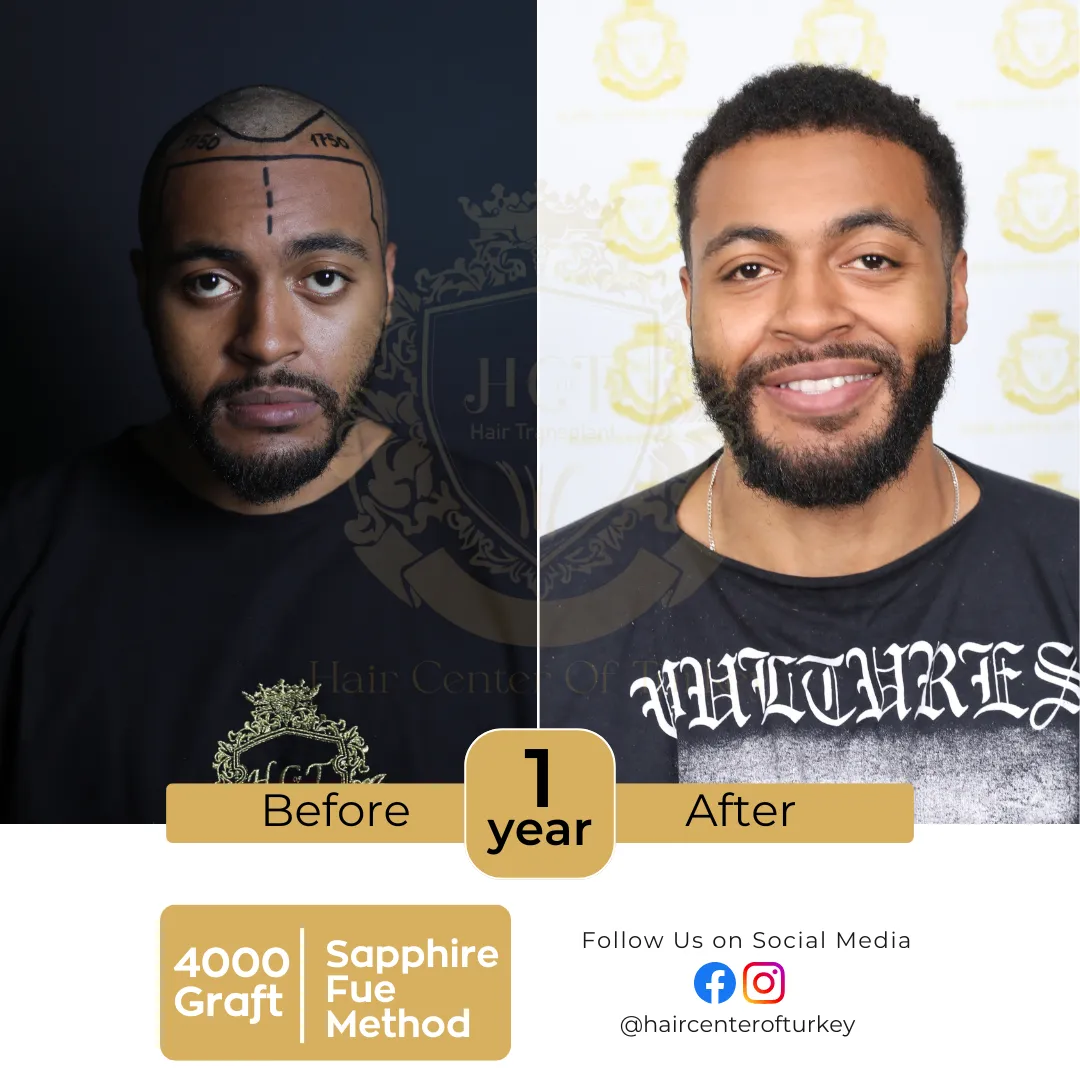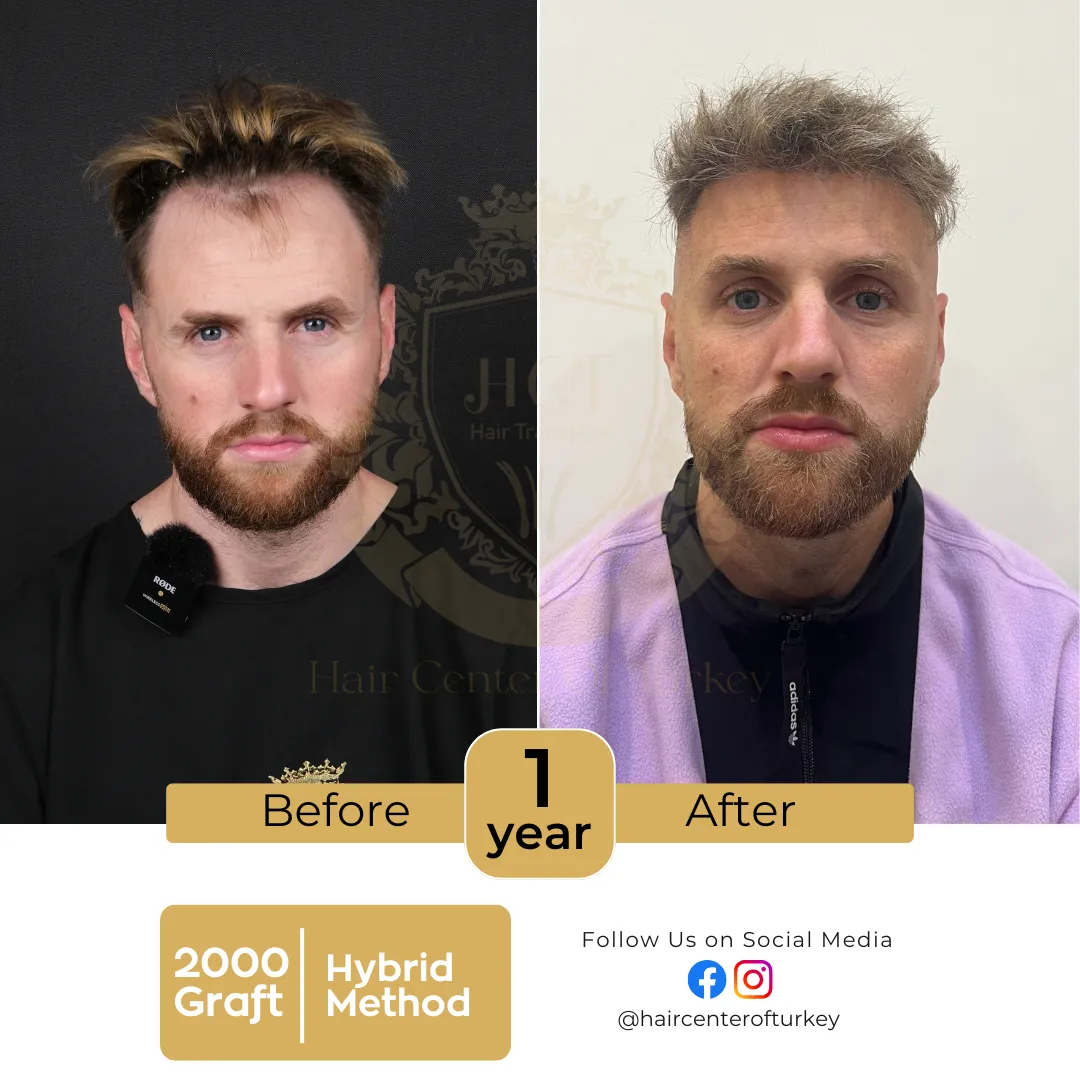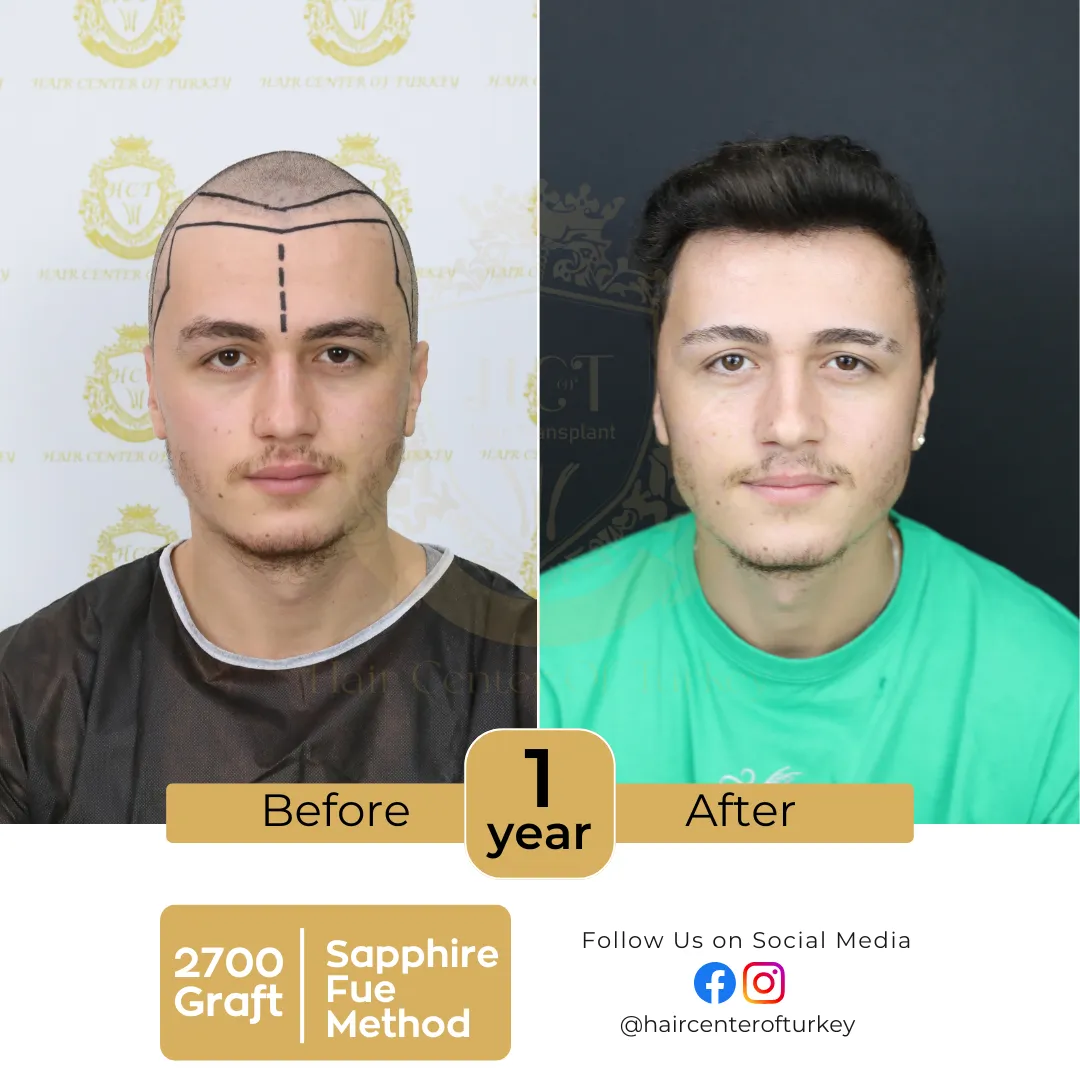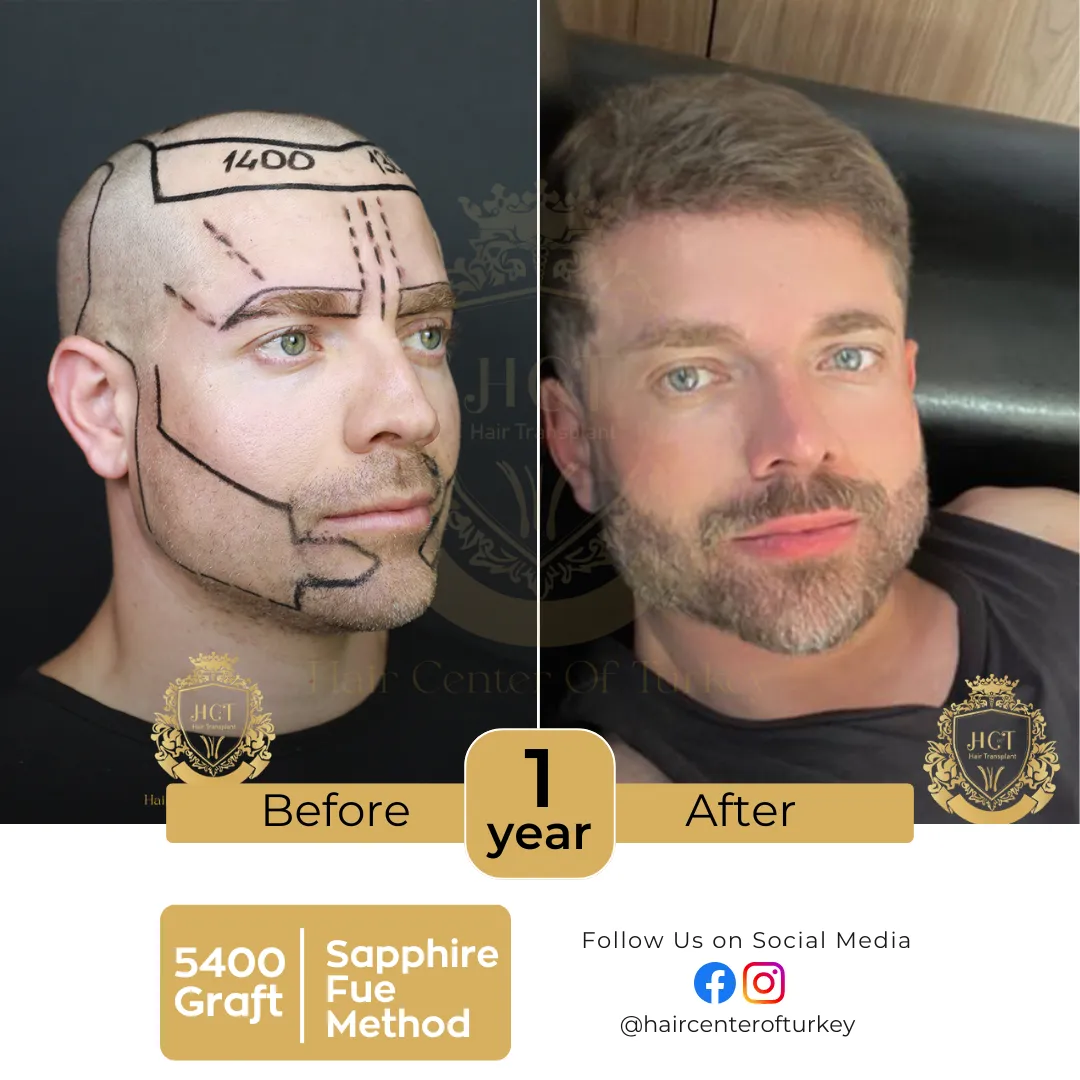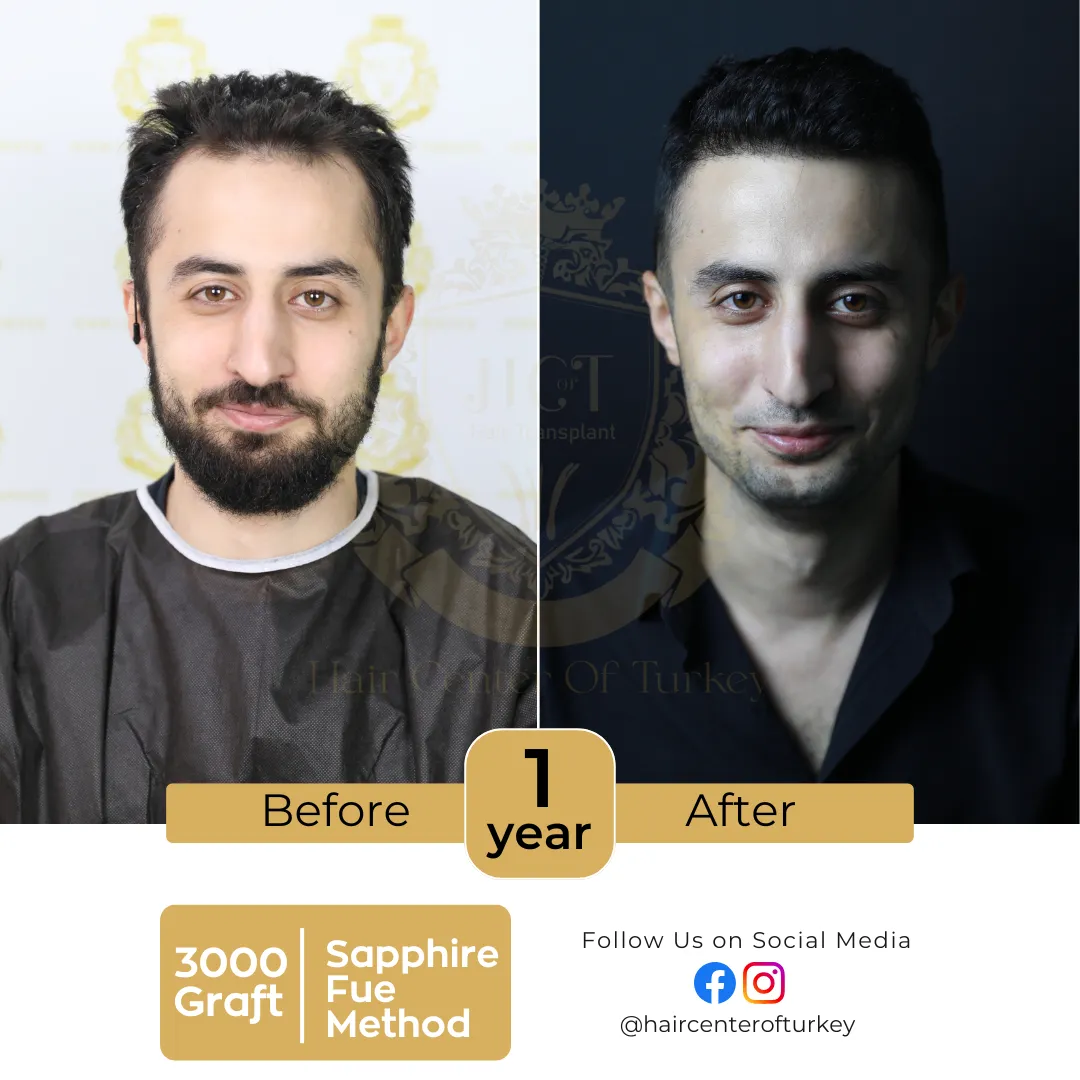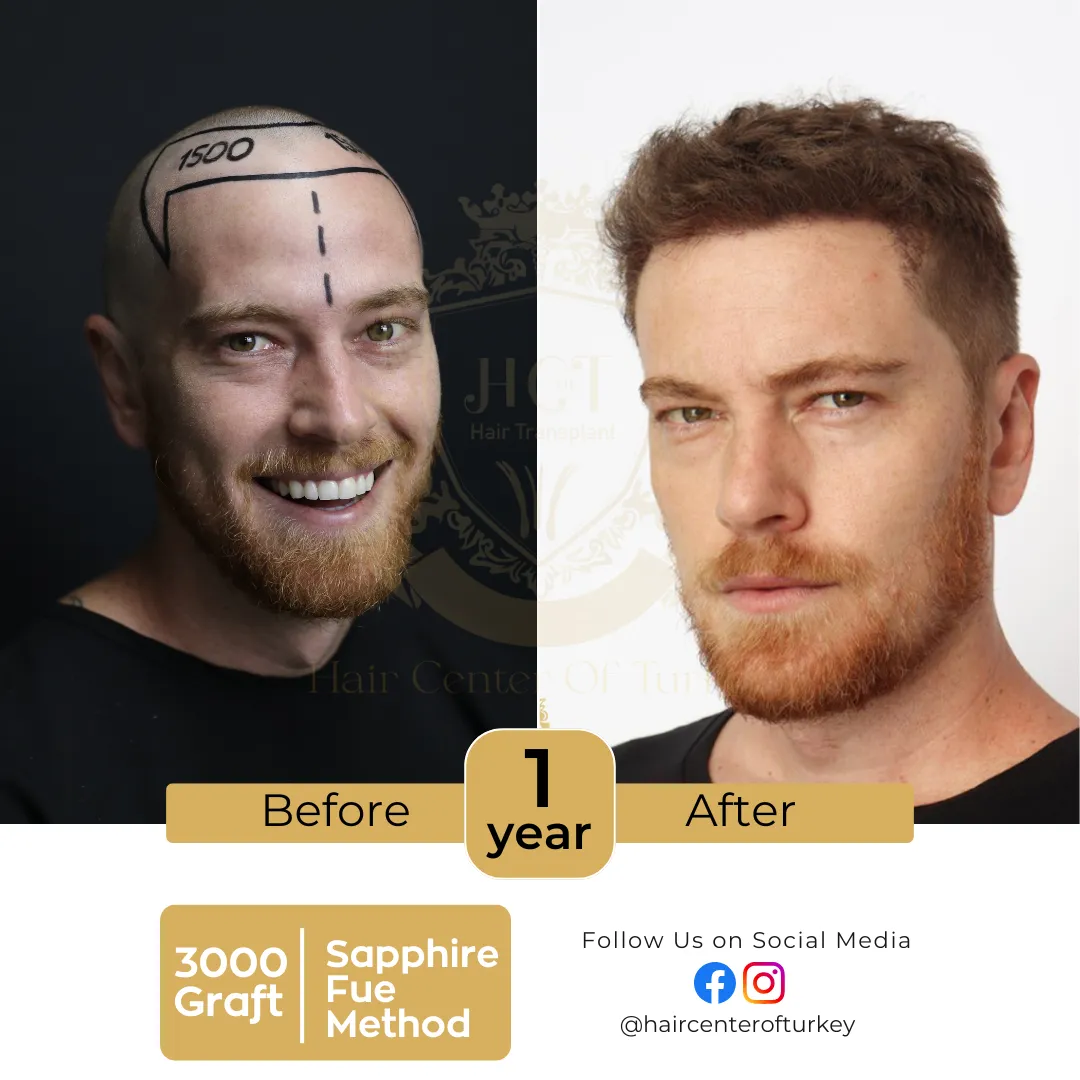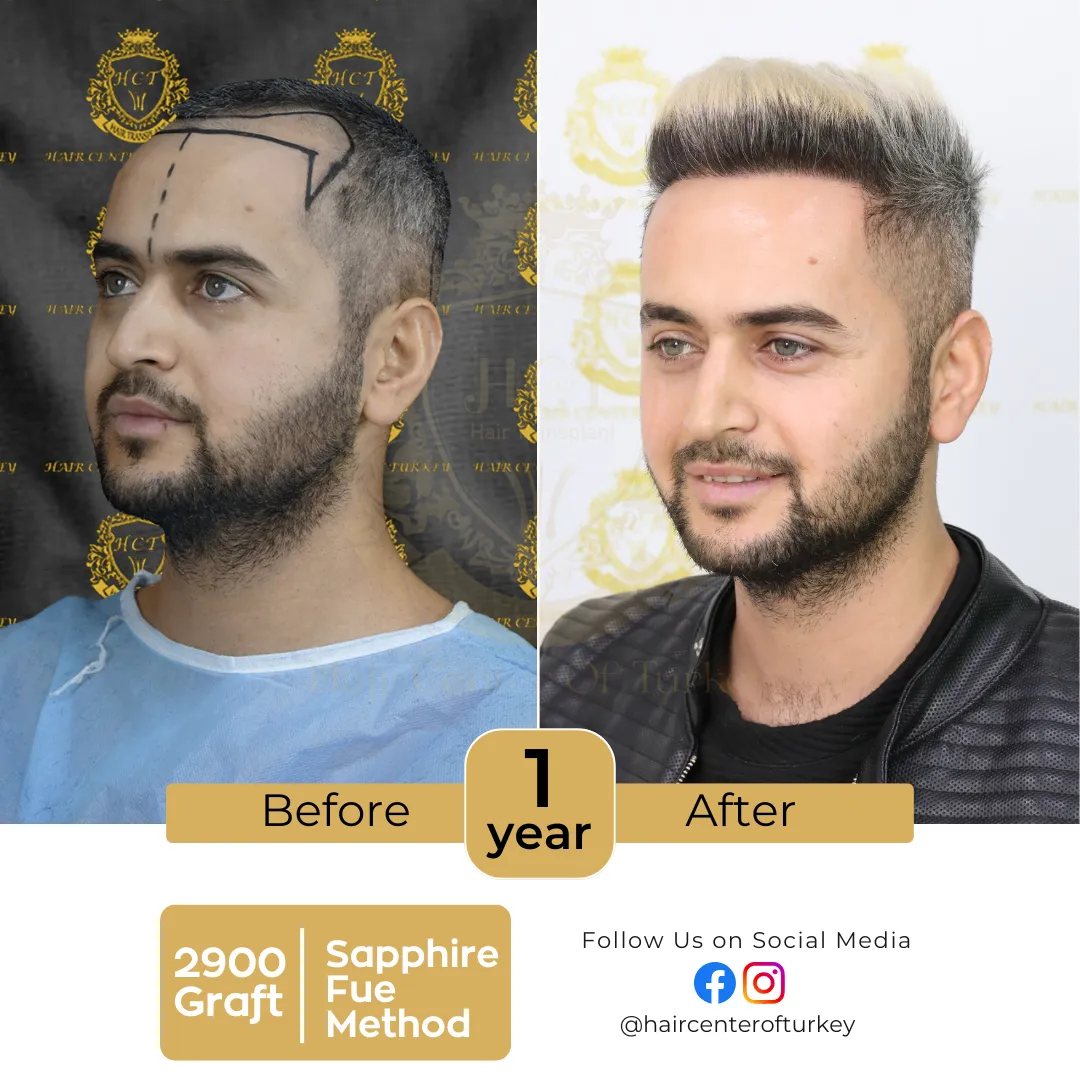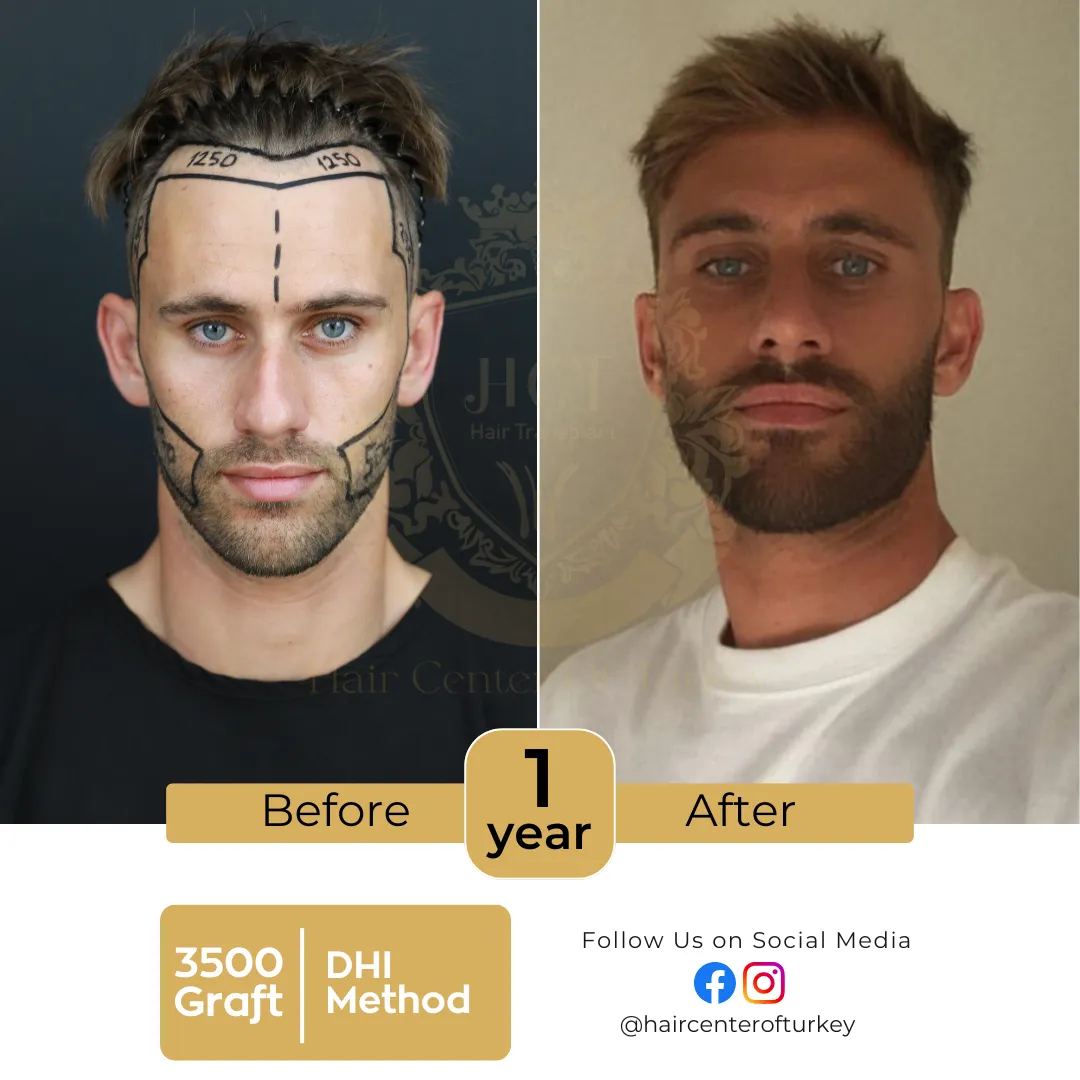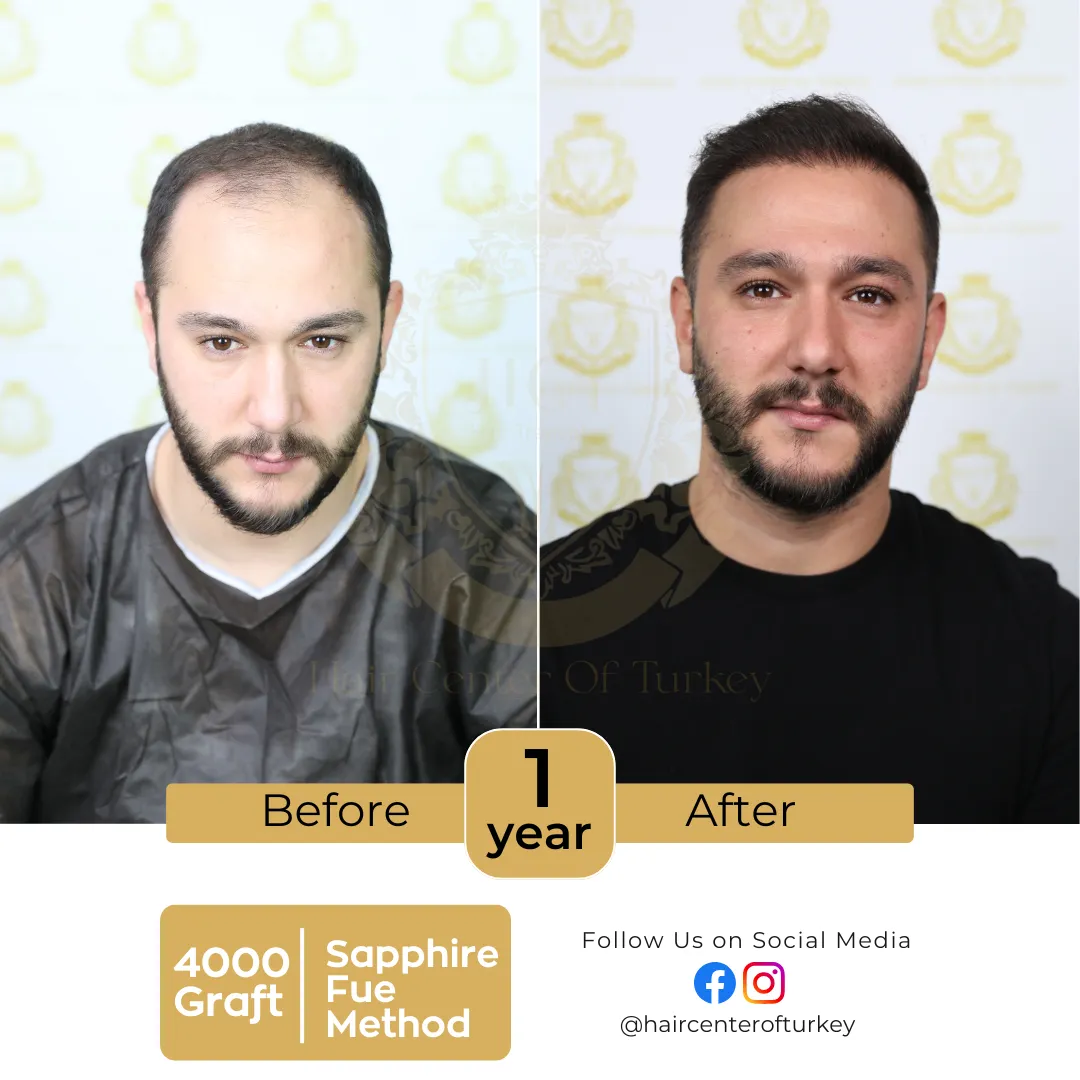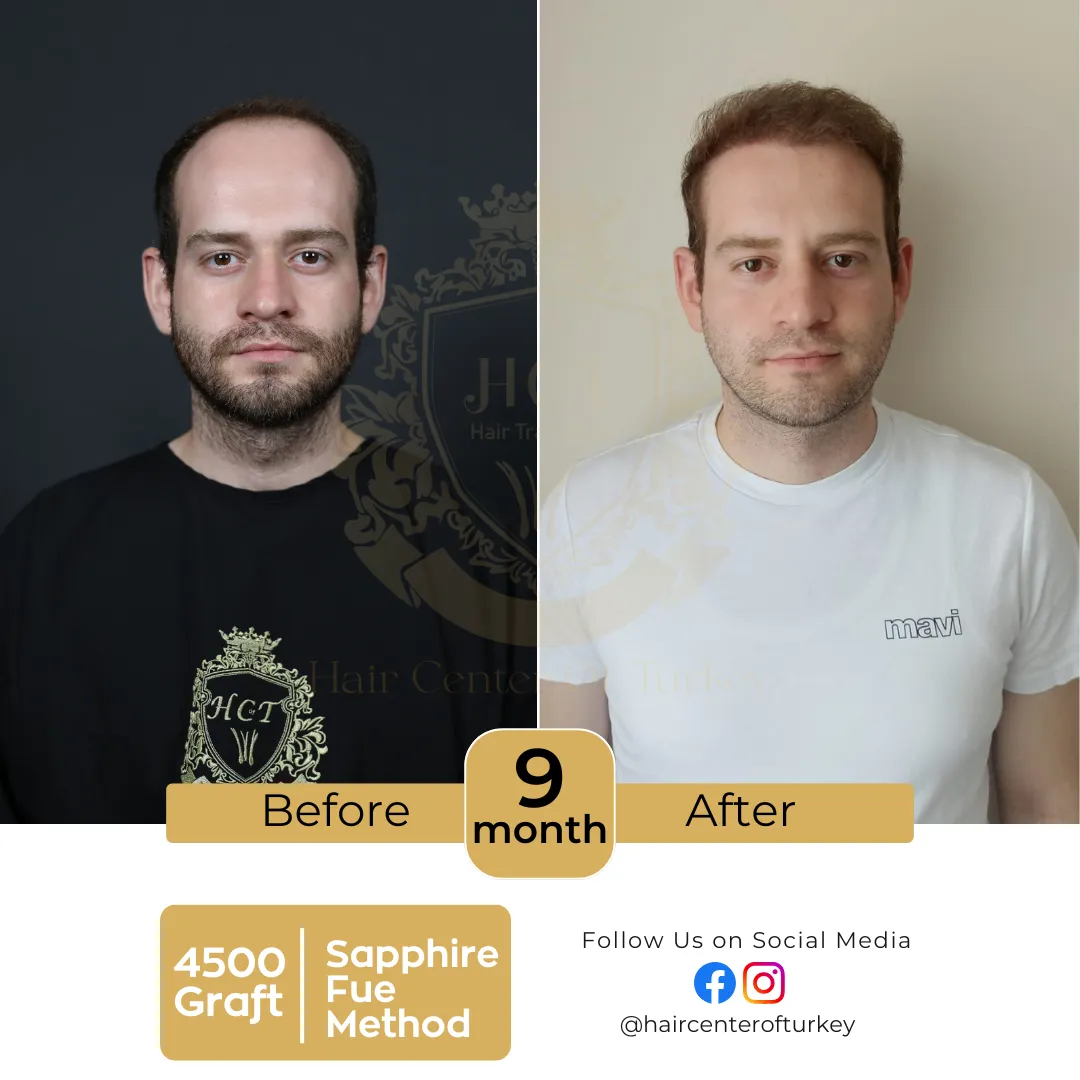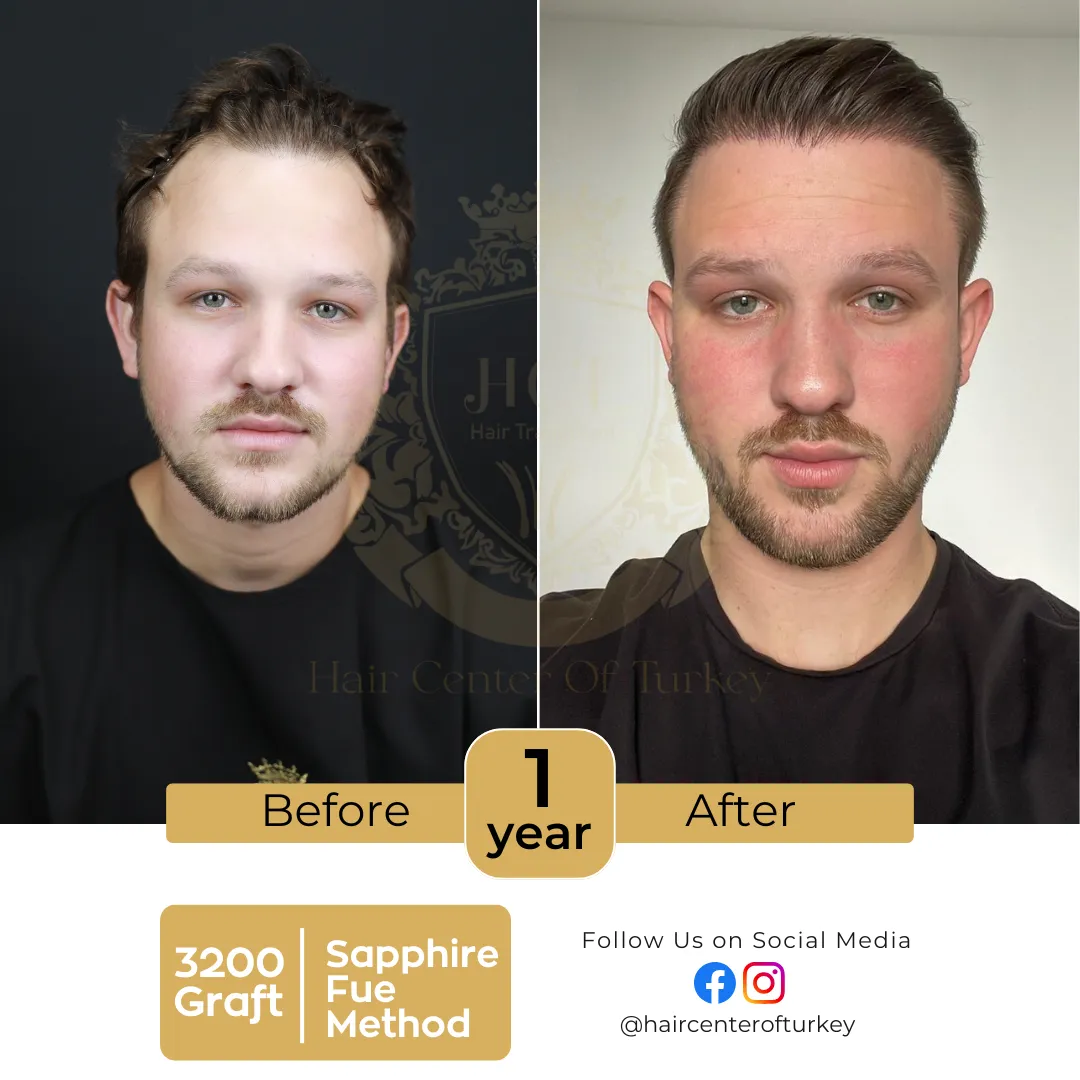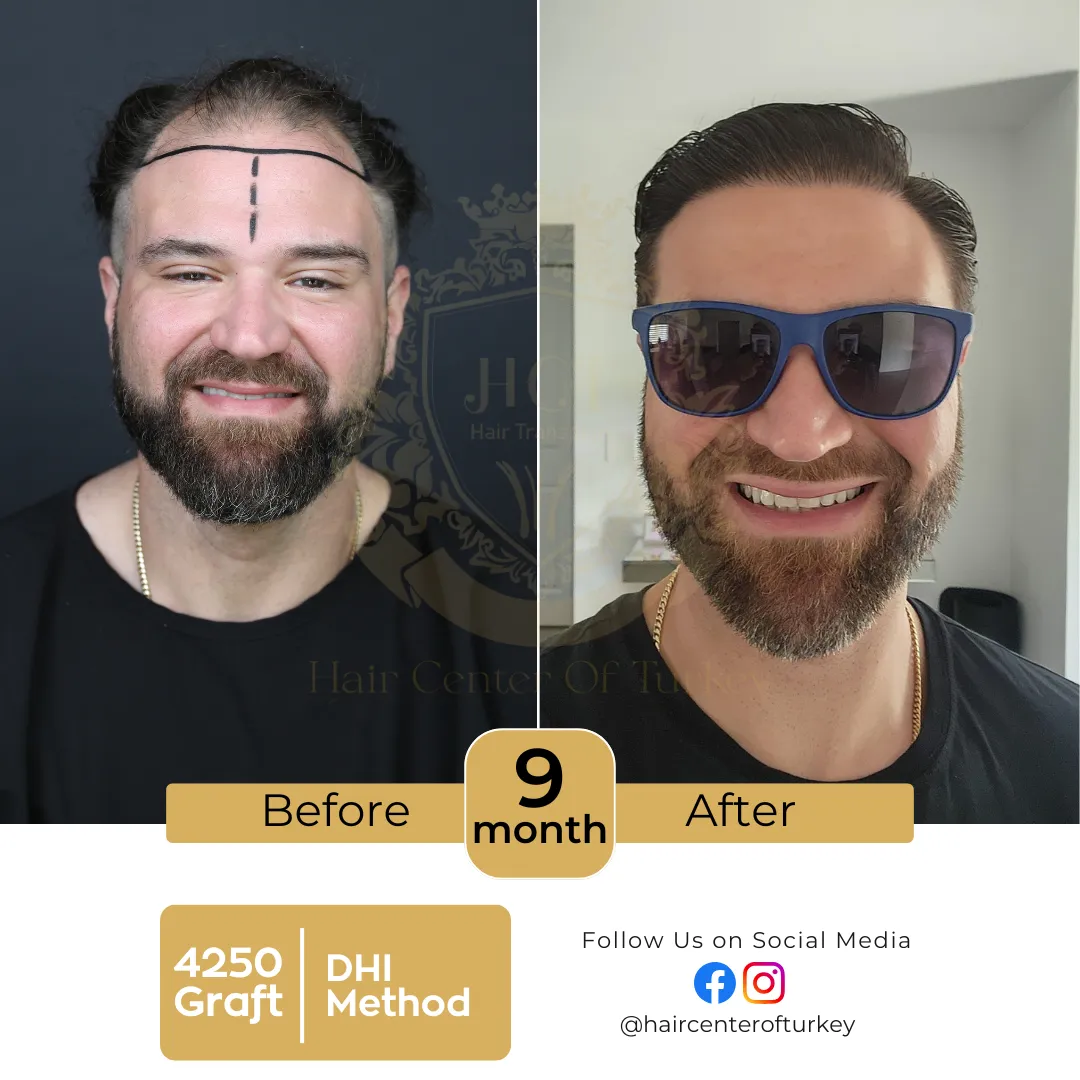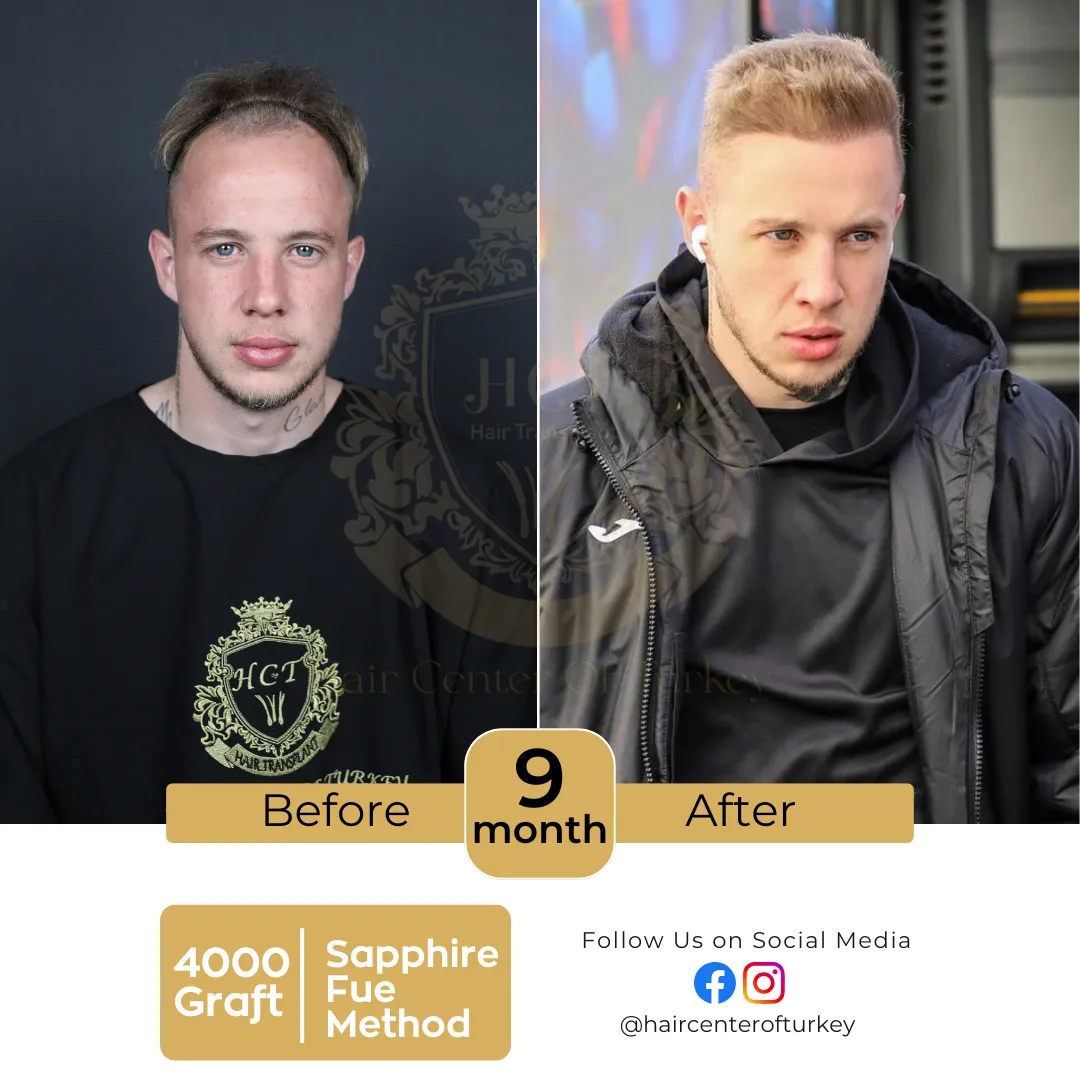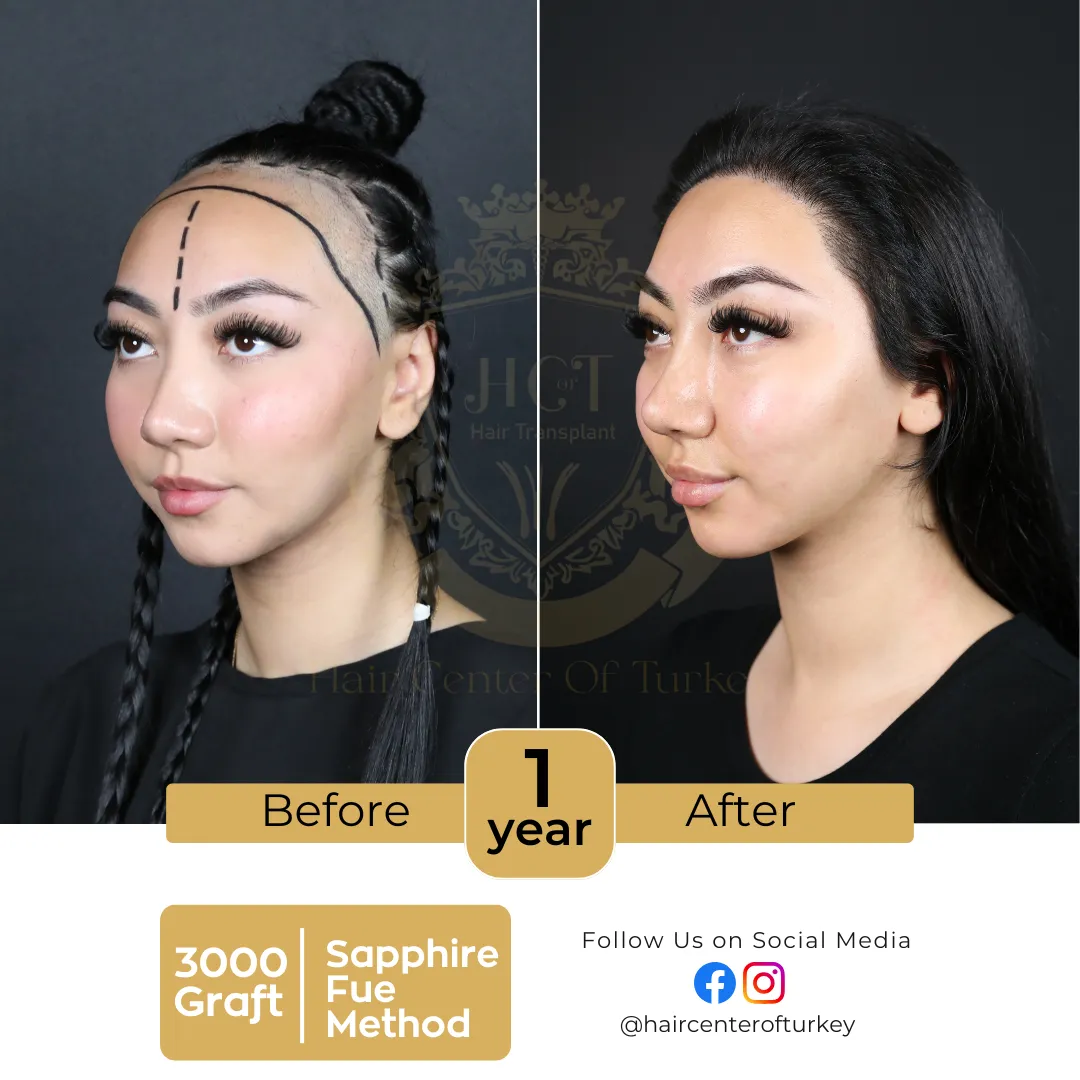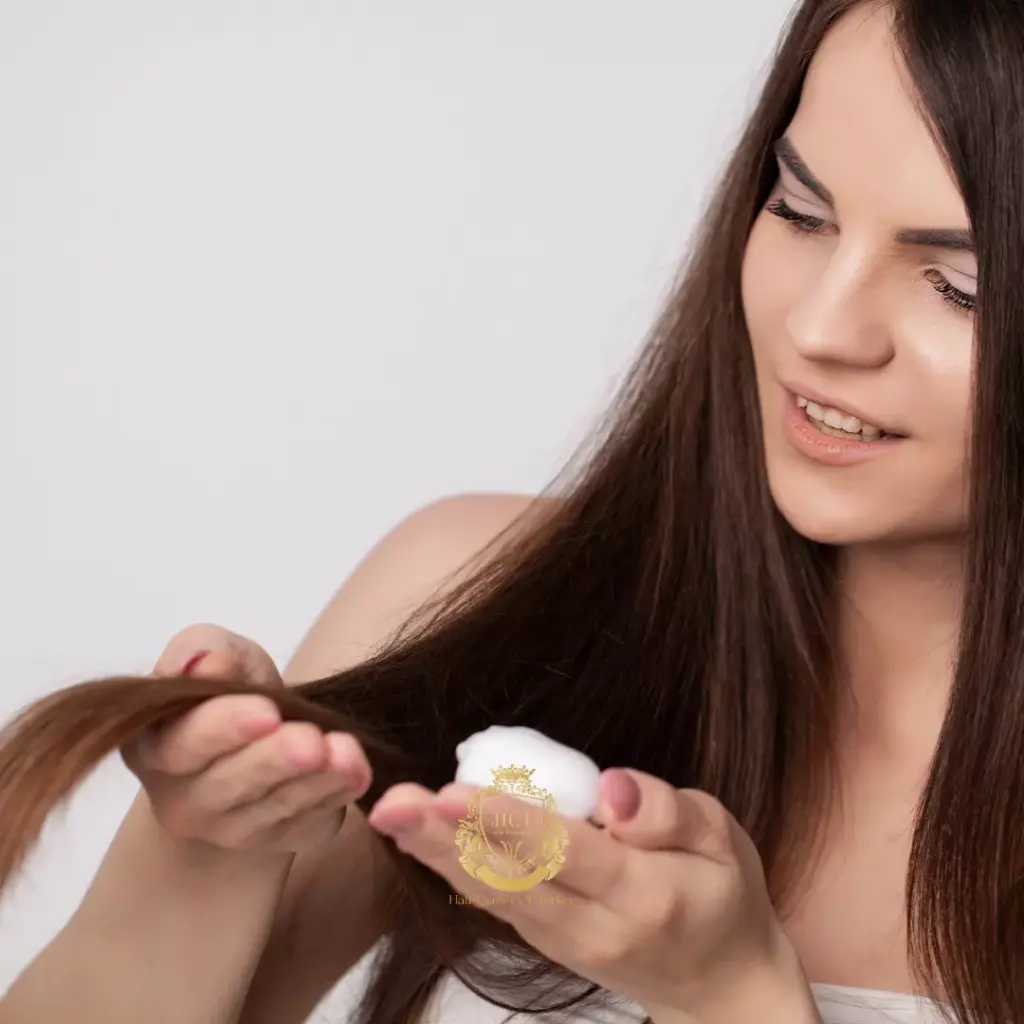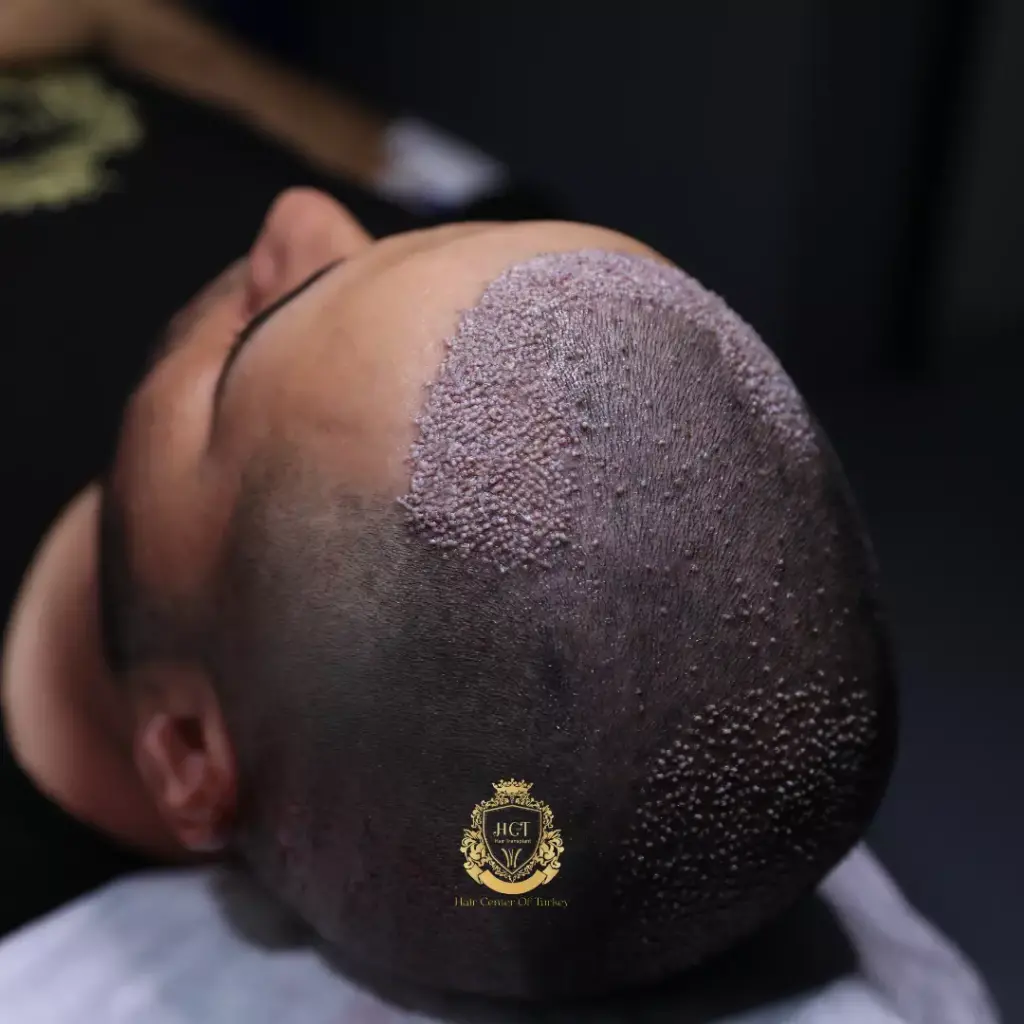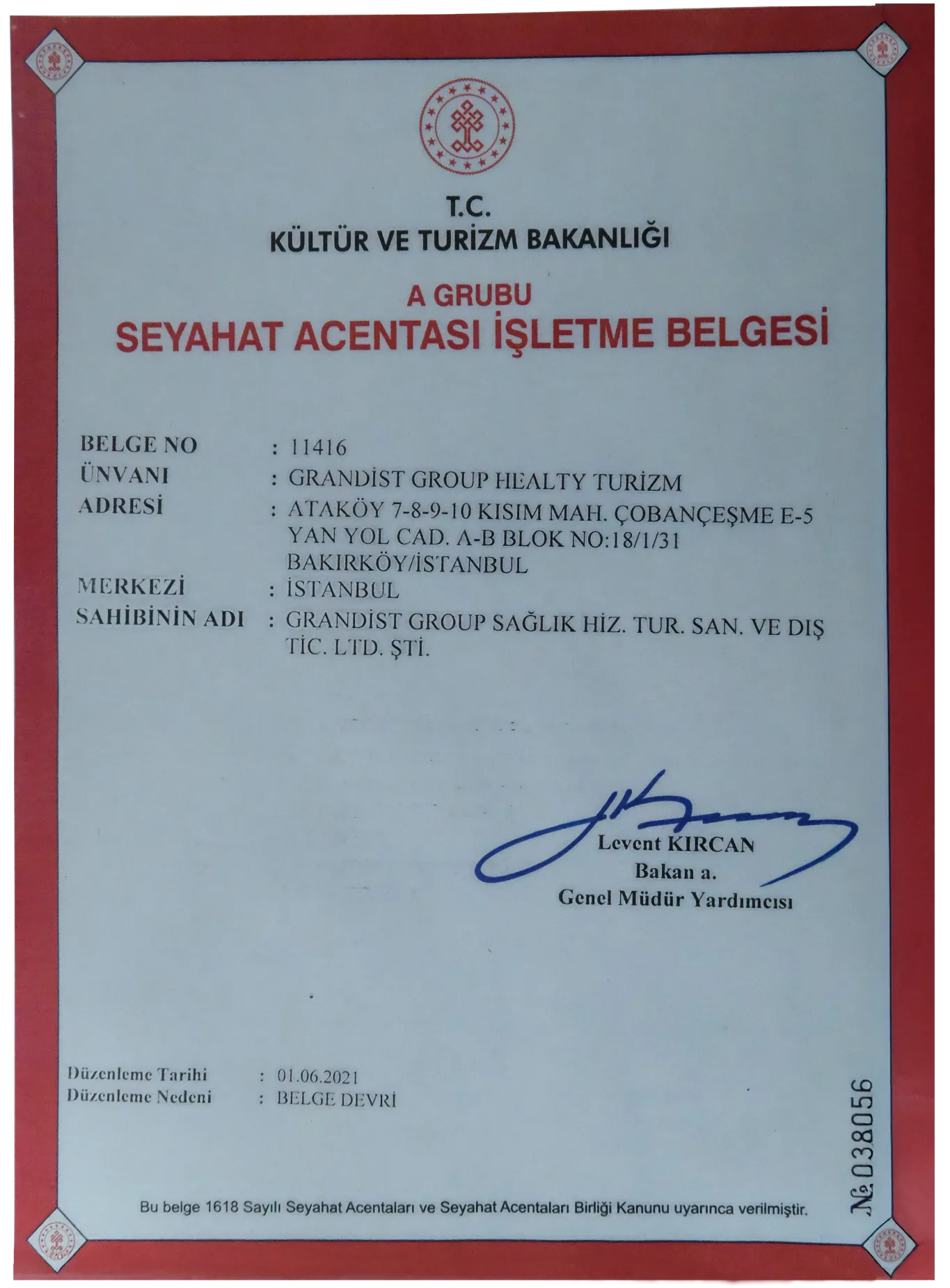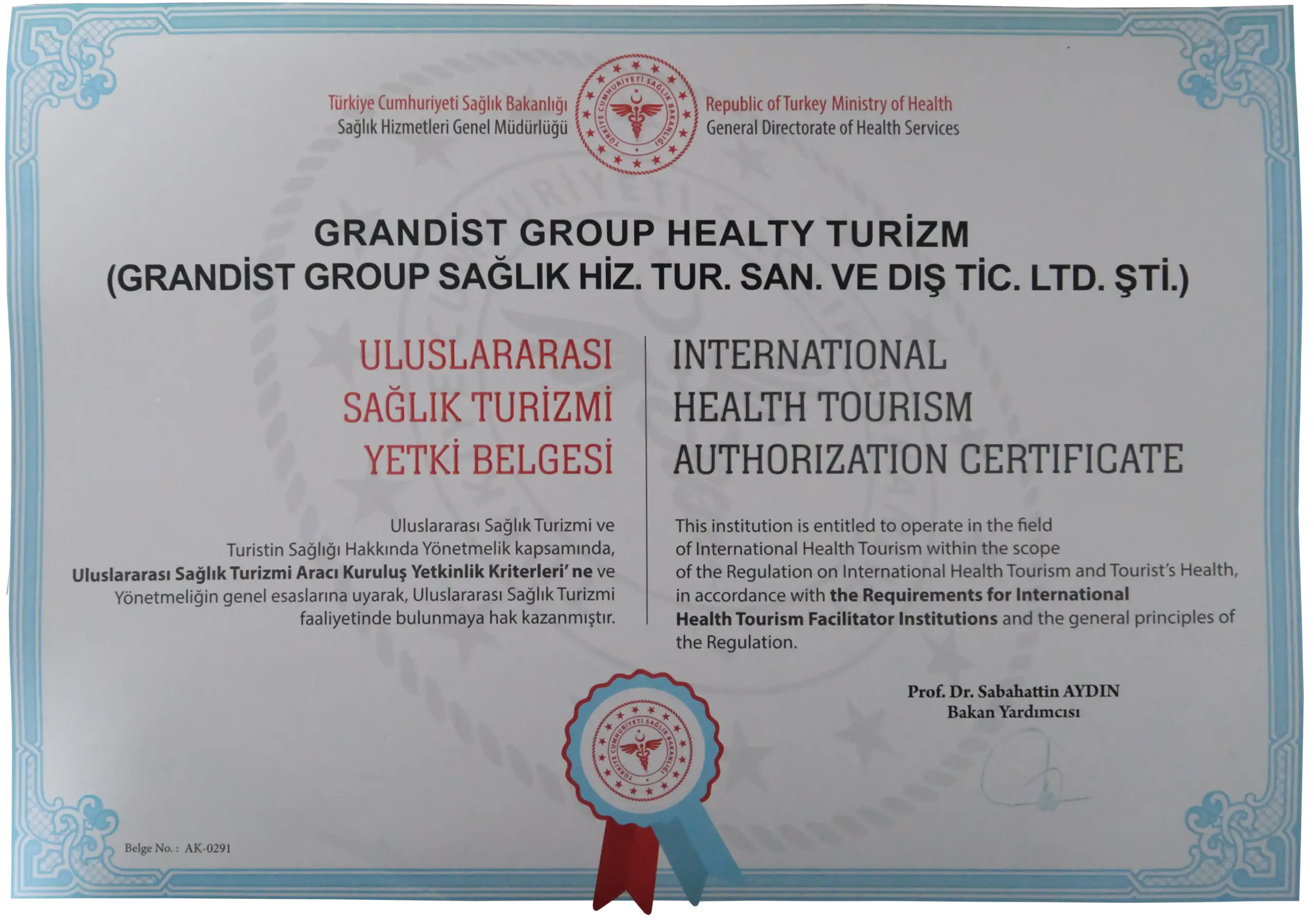What is Good for Oily Hair?
Hair transplant is a critical factor in maintaining the health of your hair and achieving successful results. In this process, hair lubrication is of great importance in terms of protecting the hair grafts and maintaining the health of the scalp. After hair transplant, it is necessary to focus on the right care habits to maximize the health of your hair and achieve lasting results. Here are the important points you need to consider to control oily hair and have healthy hair:
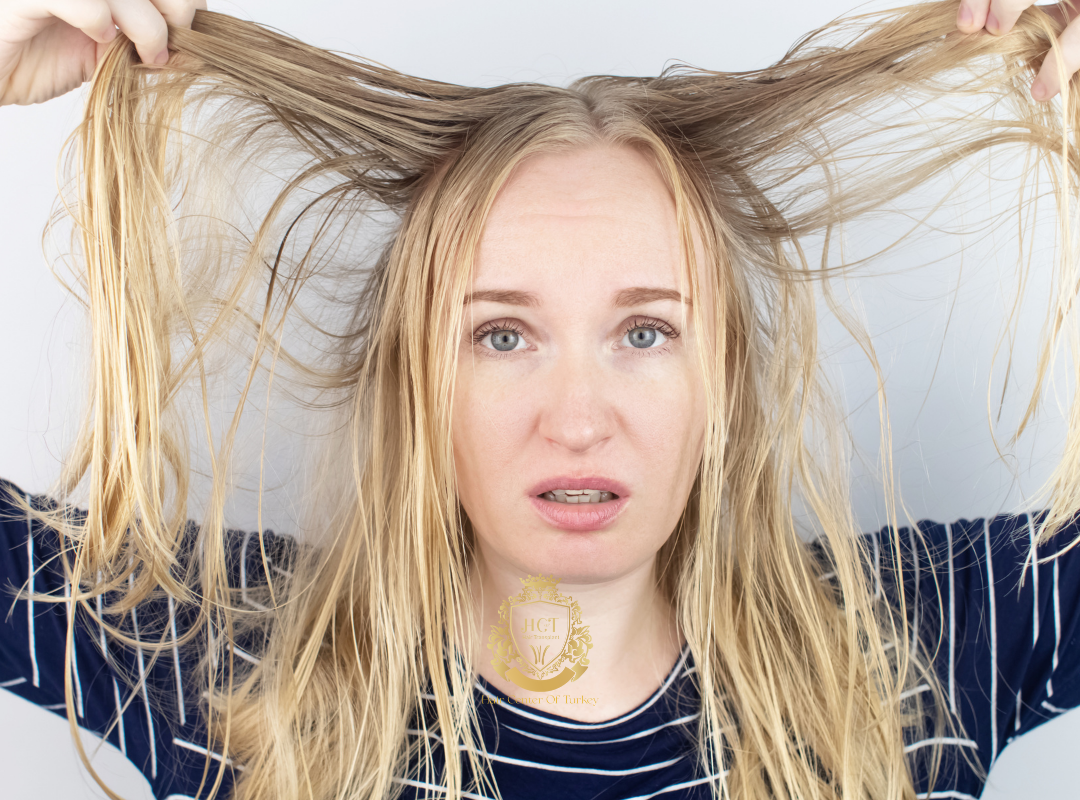
1. Using the Right Shampoo:
Choosing the right shampoo for your hair after hair transplant is critical for protecting your hair health. By choosing specially formulated shampoos, you can keep oiliness under control by maintaining the balance of the scalp. The content of the shampoo used after hair transplant should contribute to the strengthening of the grafts and the healing of the scalp. You can keep your hair clean and healthy by using the right shampoo in accordance with your doctor’s recommendations.
In addition, massaging with gentle movements during shampoo use can stimulate the scalp and increase blood circulation, which can help nourish the hair follicles. In the first days after a hair transplant, it is important to use shampoo as prescribed by your doctor to optimize the successful outcome of the hair transplant.
2. Balanced Nutrition and Hair Health:
Hair health has a strong link with overall body health. In this context, oily hair is also an important reflection of your eating habits. Adopting a balanced and nutritious diet after hair transplant can positively affect the health of your hair grafts and support long-term success.
A balanced diet is vital to meet the nutrient requirements of the hair follicles. Nutrients such as protein, iron, zinc, omega-3 fatty acids, vitamins A, C, E and biotin are essential elements that support hair health. Protein in particular is the building block of hair fibers, iron improves oxygen uptake by hair follicles, zinc regulates hair production and other vitamins have a positive effect on overall hair health.
Drinking enough water is also important for hair health. Water provides hydration of the scalp and follicles, contributing to hair strengthening and maintaining hair oil balance.
It should not be forgotten that balanced eating habits after hair transplant can both support the rapid healing process and improve the quality of your hair grafts. Therefore, it is important to maximize your hair health by paying attention to your daily eating habits.

3. Frequent Washing Habits and Hair Health
Your hair washing habits after hair transplant are important for both the health of the grafts and the balance of the scalp. Washing your hair too often can disrupt the natural oil balance and dry the scalp, which can negatively affect hair health.
At this point, a careful balance is important to achieve optimal results after hair transplant. In case of excessive oiliness, washing your hair regularly is an effective strategy to control oil. However, instead of frequent washing, washing as often as recommended by your doctor after hair transplant can help maintain the natural oils of the scalp and support the healthy healing of the grafts.
It is also important that the shampoo used during hair washing is mild and properly selected. Products containing excessive chemicals should be avoided and using shampoos recommended by your doctor can reduce the sensitivity of the scalp and positively affect the healing process of the hair follicles.
In conclusion, keeping your hair washing habits in balance after hair transplant can contribute to a healthy recovery of your hair and the best results of the grafts.
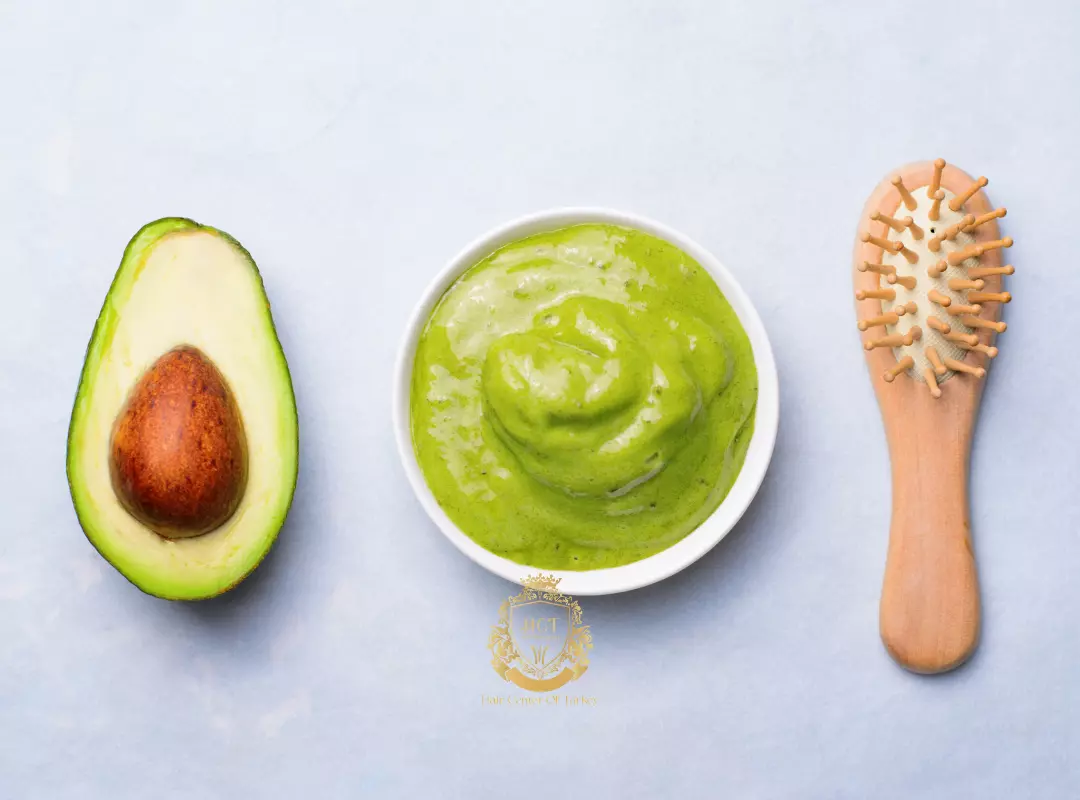
4. Hair Masks and Special Care Products:
Taking special care of your hair after hair transplant is critical to promote healthy growth and ensure that the grafts produce the best results. At this point, you can use hair masks and care products to help restore the natural oil balance.
Hair masks nourish the hair strands and maintain the moisture balance of the scalp. Especially masks with natural ingredients and chemical-free masks should be preferred. In addition, choosing products recommended by your doctor in accordance with your hair type can help to properly nourish the scalp and grafts.
Special care products are also effective tools that can be used after hair transplant. Special shampoos that nourish the scalp and strengthen the hair follicles can increase the long-term success of hair transplant. However, following your doctor’s recommendations when choosing products will help you determine the products suitable for your hair type.
It is important to remember that any product to be used after hair transplant should not damage the hair grafts and scalp. Therefore, being careful when choosing care products and using them in accordance with your doctor’s recommendations can contribute to healthy hair and a successful hair transplant result.
Oily hair after hair transplant can affect the healthy growth of the grafts. By paying attention to the above recommendations, you can maintain the natural oil balance of your hair and contribute to the successful results of your hair transplant. You can manage your hair health in the best way by consulting the experts of Hair Center of Turkey hair transplant clinic.
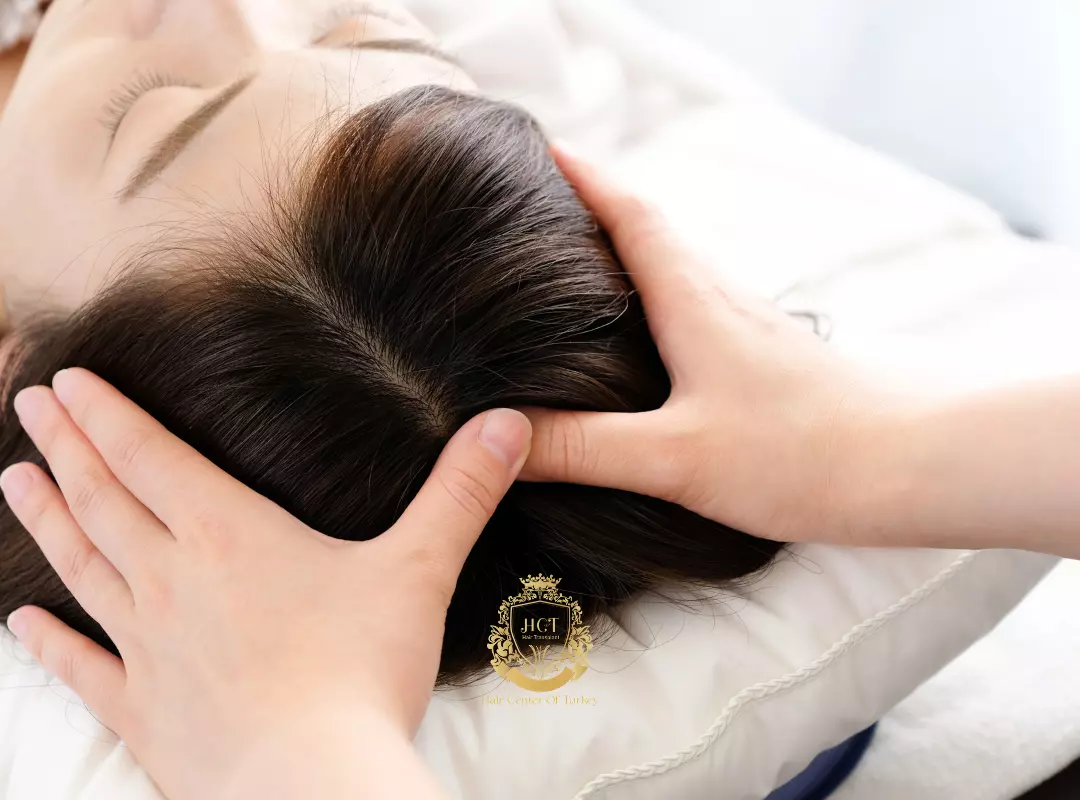
5. Scalp Massages and Hair Health:
Regular scalp massages after hair transplant are an effective way to support your hair health. By increasing blood circulation, these massages can carry more oxygen and nutrients to the hair follicles, thus contributing to healthy growth of the grafts.
By stimulating the scalp with gentle massage movements, it is possible to balance oil production. Massages with the right technique can help the scalp to relax and the grafts to be better nourished. However, it is important to perform massages in moderation and in accordance with the recommended processes after hair transplant. Carefully following your doctor’s instructions is critical to respect the delicate healing process of the scalp.
Scalp massages can also help reduce stress. A relaxing massage can alleviate the effects of stress that can occur after a hair transplant, which can positively affect hair health. Making time for scalp massages on a regular basis can help you optimize hair transplant results as well as improve your overall hair health.
6. Specialized Care for Your Hair Type:
Choosing the right care products for your hair type after hair transplant can be a key element in maintaining your hair health and controlling oily hair.
Your hair type is a key factor in determining the shampoo, conditioner and other care products you should use. For example, volumizing products may be preferred for fine hair, while products with moisturizing and nourishing properties may be more suitable for dry hair.
Choosing chemical-free products with natural ingredients can protect the scalp, which has become sensitive after hair transplant, while also supporting the healthy growth of the grafts. Products free of harmful chemicals do not irritate the scalp and can control oily hair by balancing the natural oil production of hair follicles.
When choosing care products suitable for your hair type, it is important to consider your doctor’s recommendations. Understanding your hair type and choosing the right products after hair transplant can help you optimize your hair transplant results as well as protect your hair health.
7. Avoid Stress and Protect Your Hair Health:
Stress after hair transplant is an important factor that can increase oily hair. Therefore, it is important to avoid stress to achieve healthy hair and a successful hair transplant result.
Adding relaxing activities and breathing exercises to your daily life is an effective strategy to minimize stress. Activities such as yoga, meditation or nature walks can help you calm down and lower your stress levels. These activities can also increase blood circulation and promote more oxygen and nutrients to the hair follicles.
Avoiding stress can also speed up your recovery after a hair transplant. When the body is under stress, it tends to slow down the healing process, which can prevent hair grafts from settling and growing in a healthy way. Therefore, adopting methods of coping with stress can not only positively impact your hair health, but can also improve your hair transplant results.
8. Keep in Constant Contact with Your Doctor:
Regular and close communication with your doctor after hair transplant is critical for a successful recovery process. It is important to stay in constant contact with your doctor to best protect your hair health and find quick solutions to potential problems.
If you have any questions, concerns or notice any symptoms, contacting your doctor immediately can ensure your hair health. Your doctor may have prescribed a customized care plan, and sticking to this plan can help optimize your hair transplant results.
Scheduling regular appointments with your doctor is important to keep track of your healing process. These appointments may include scalp checks, the condition of the grafts and general hair health assessments. Following your doctor’s recommendations can help you achieve successful results in the hair transplant aftercare process.
FAQ (Frequently Asked Questions)


